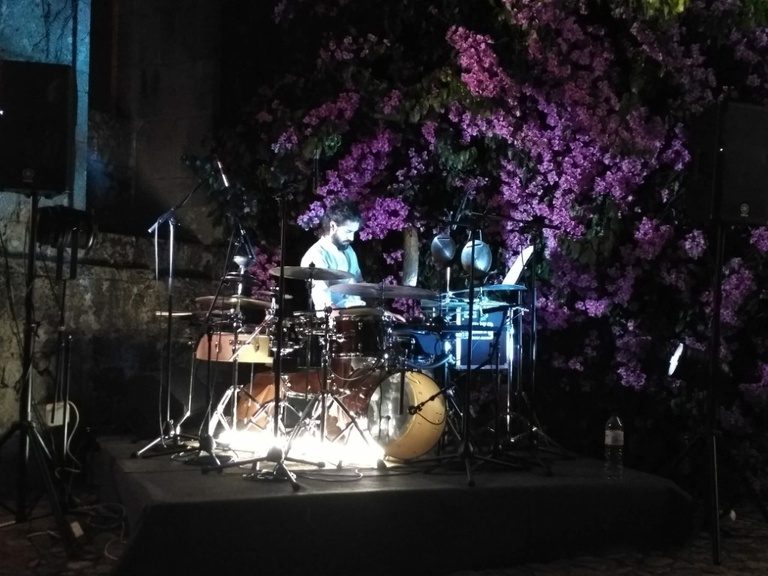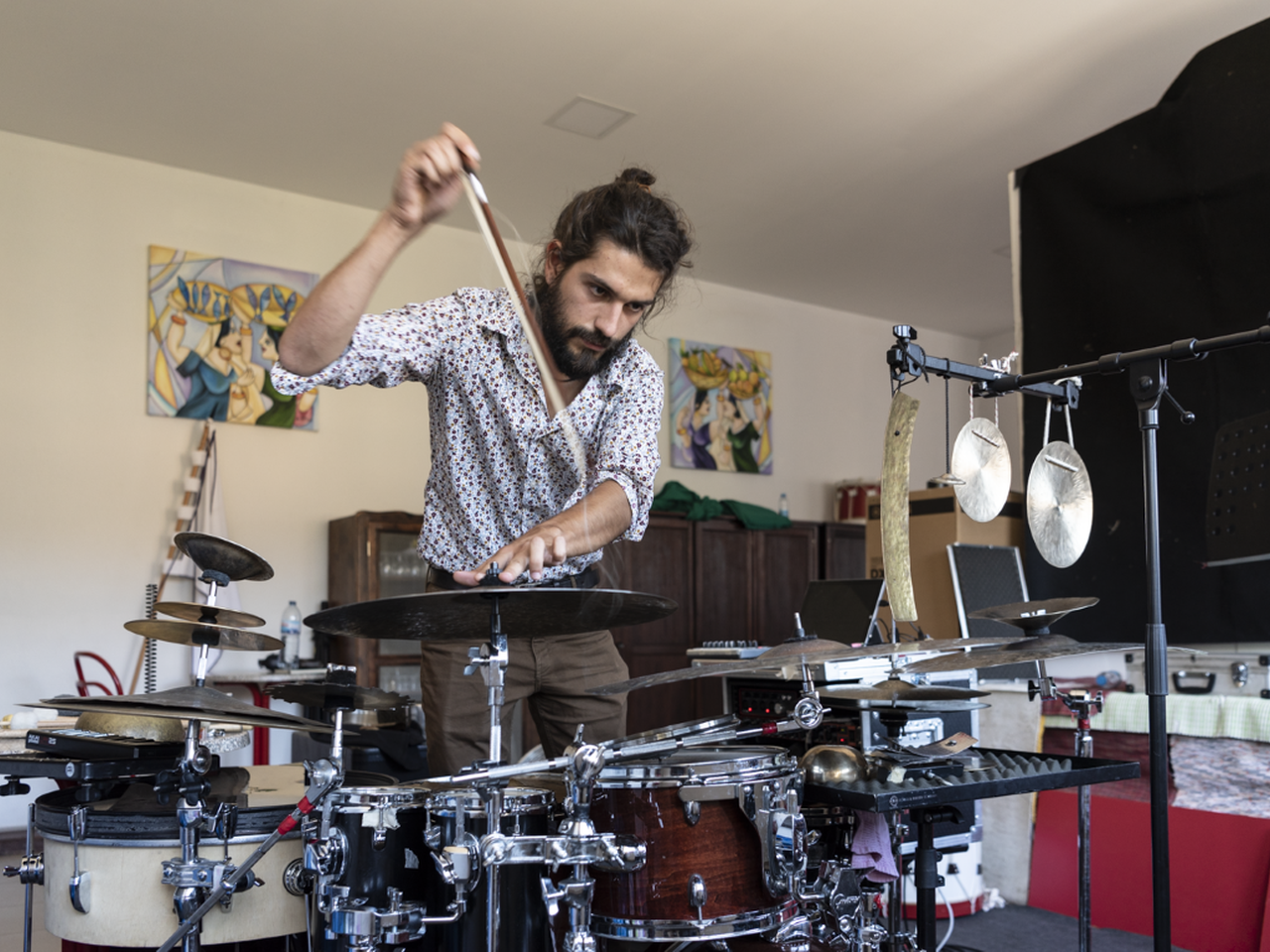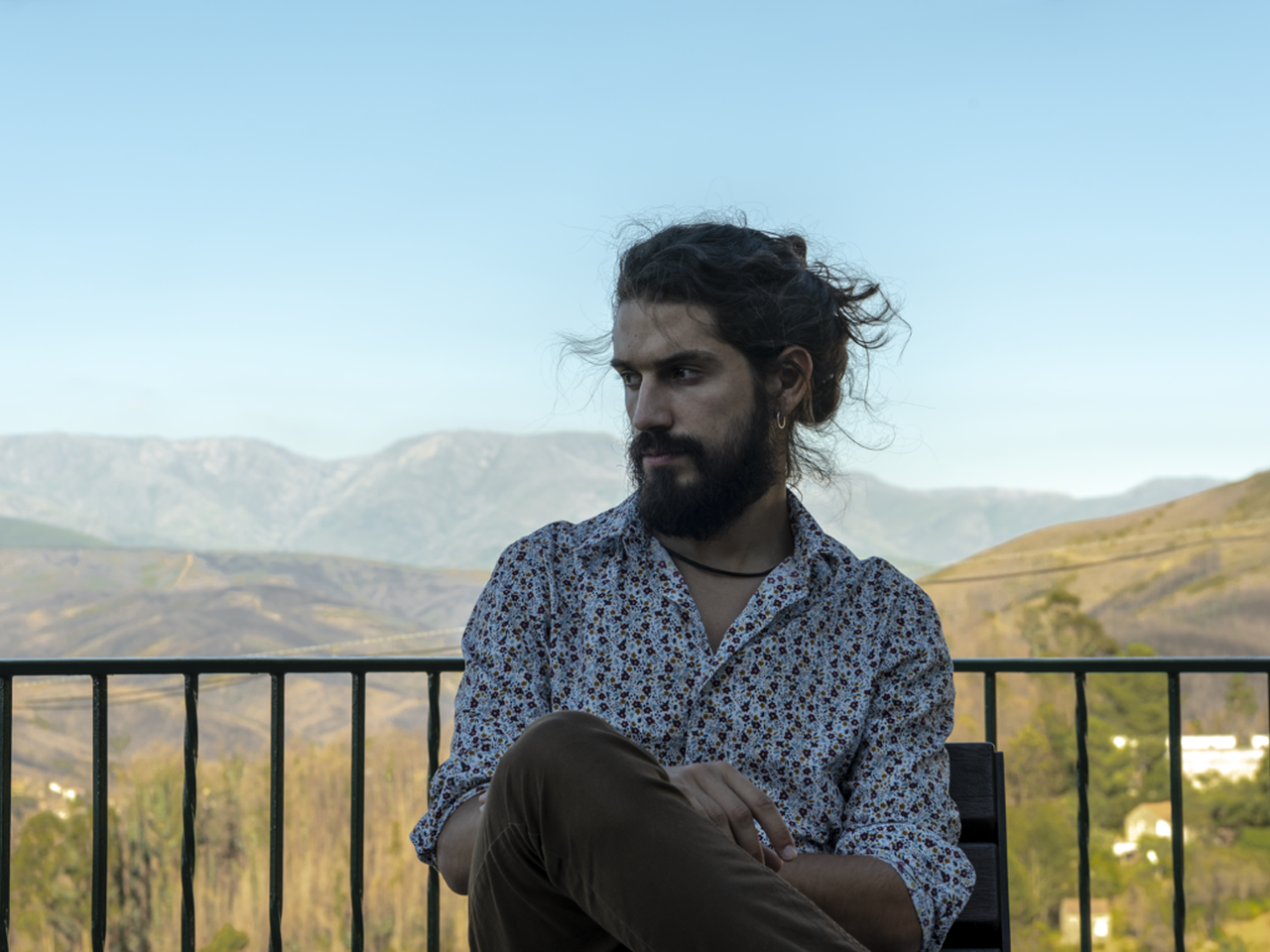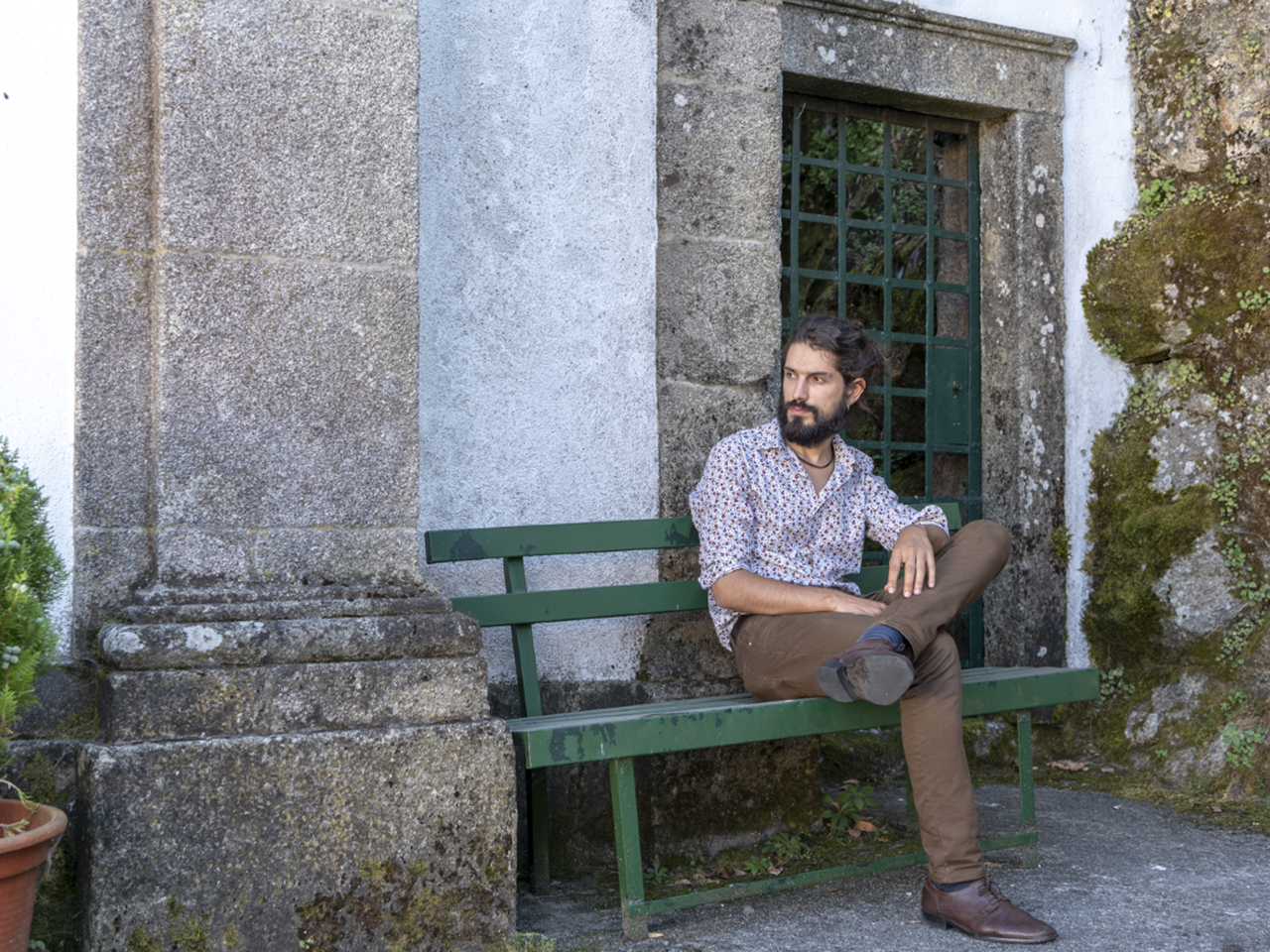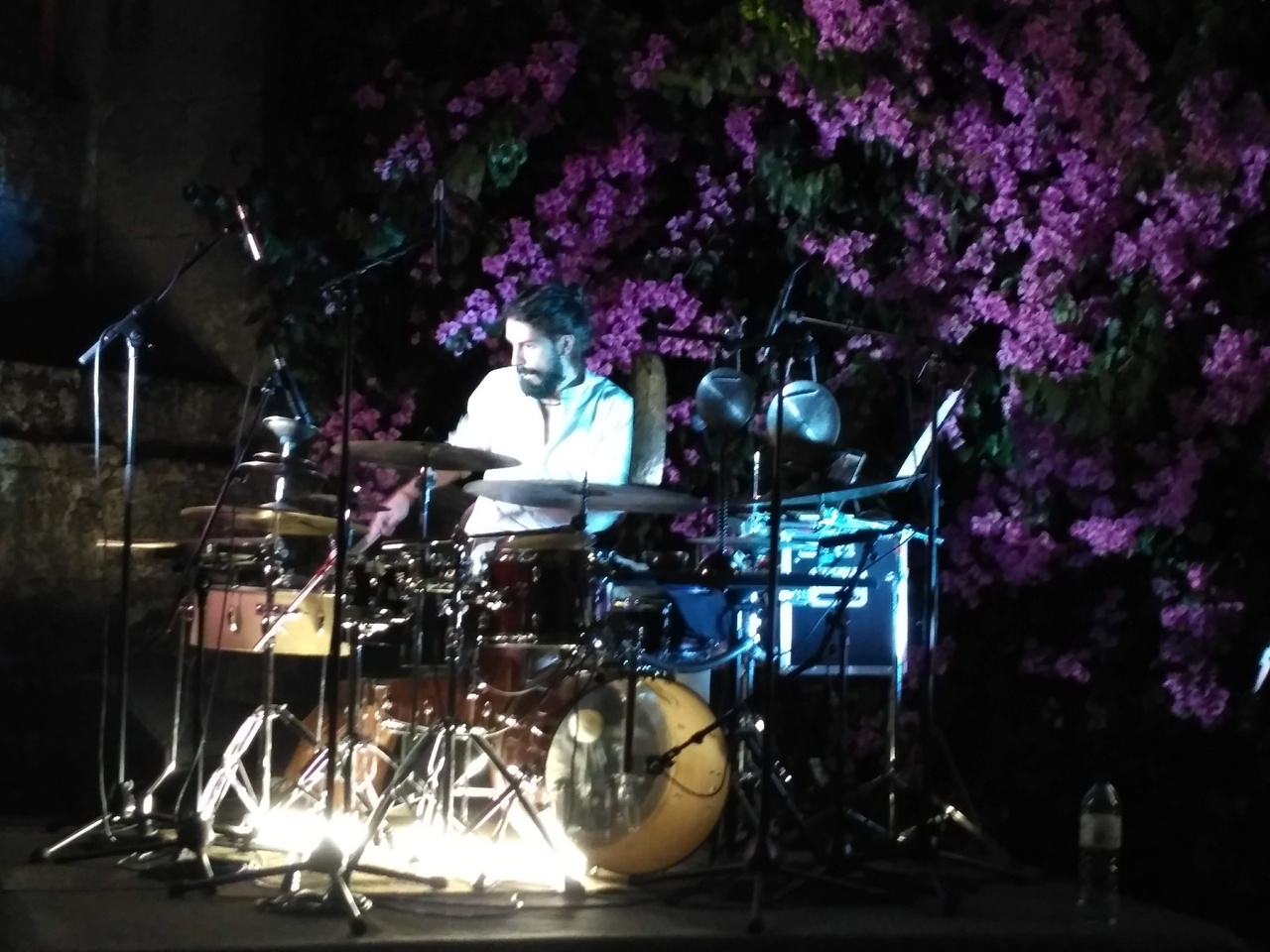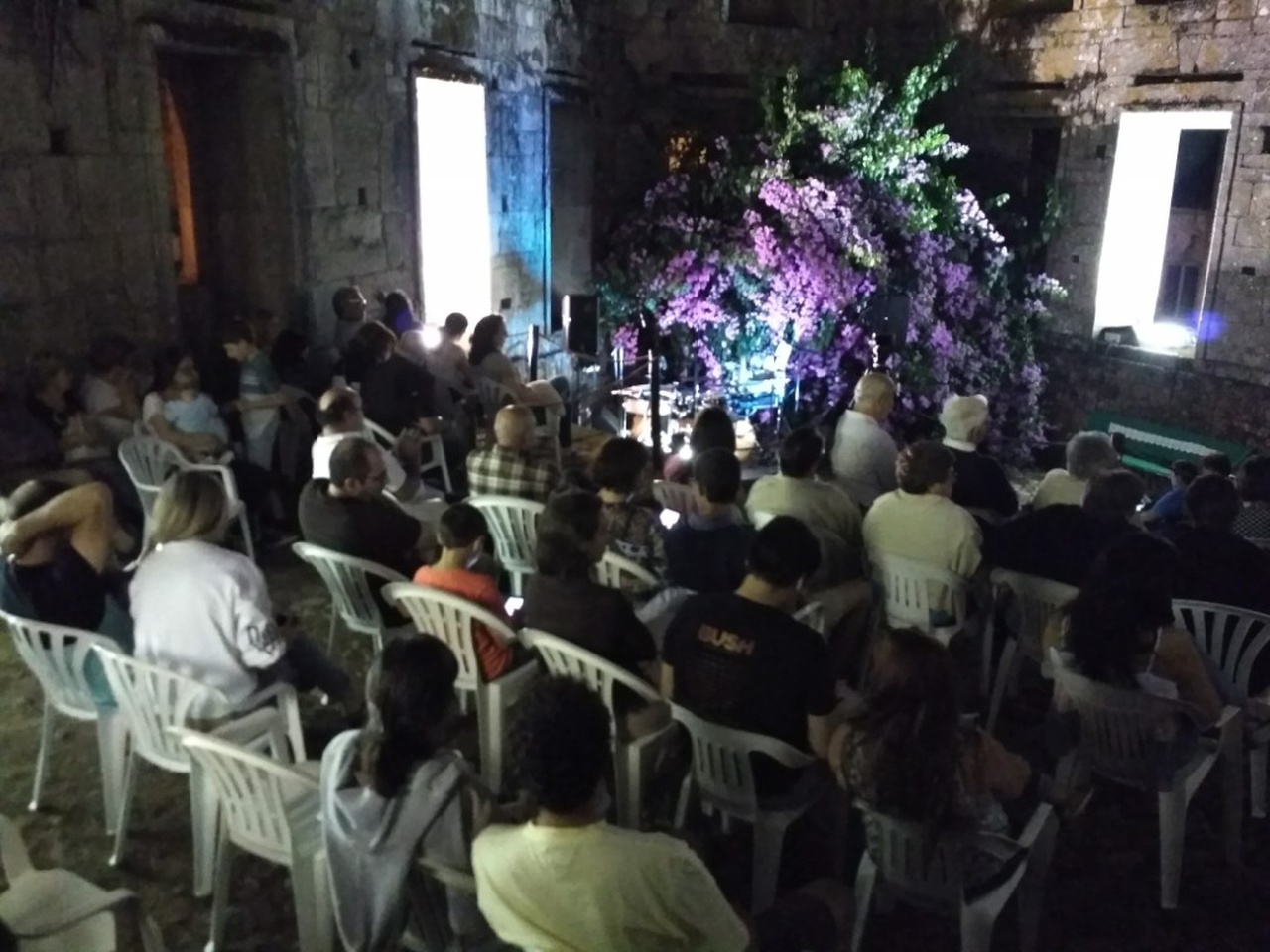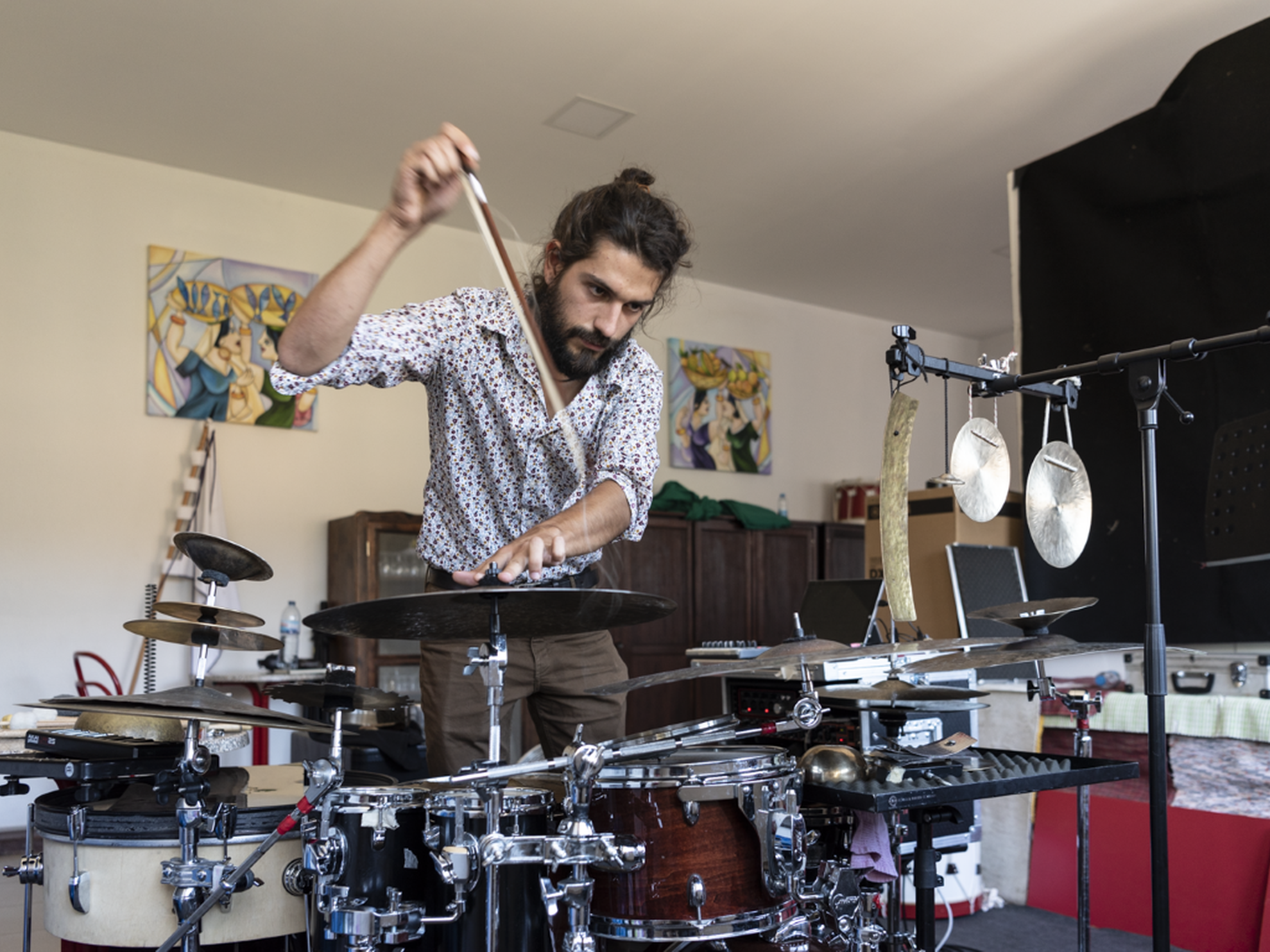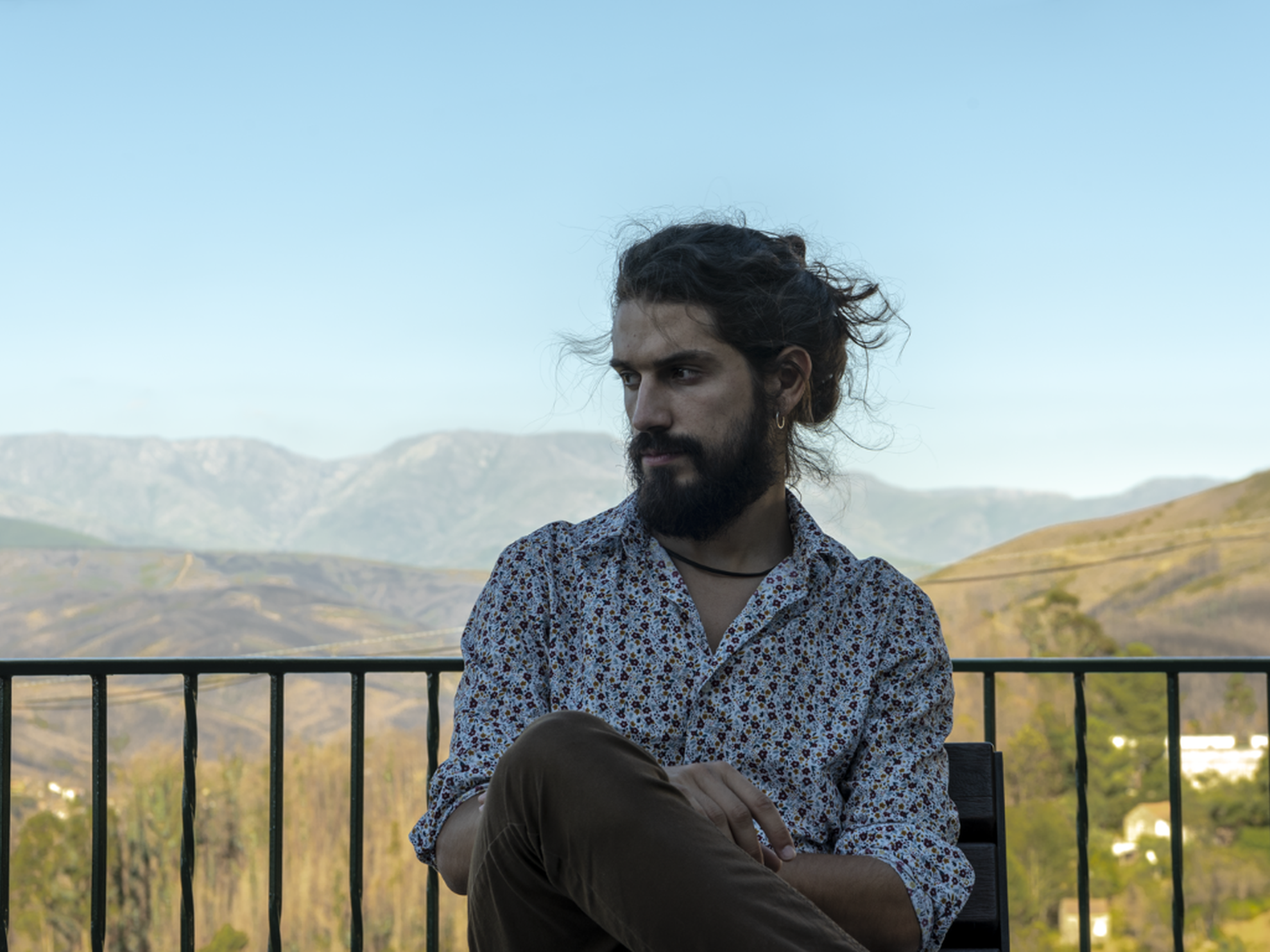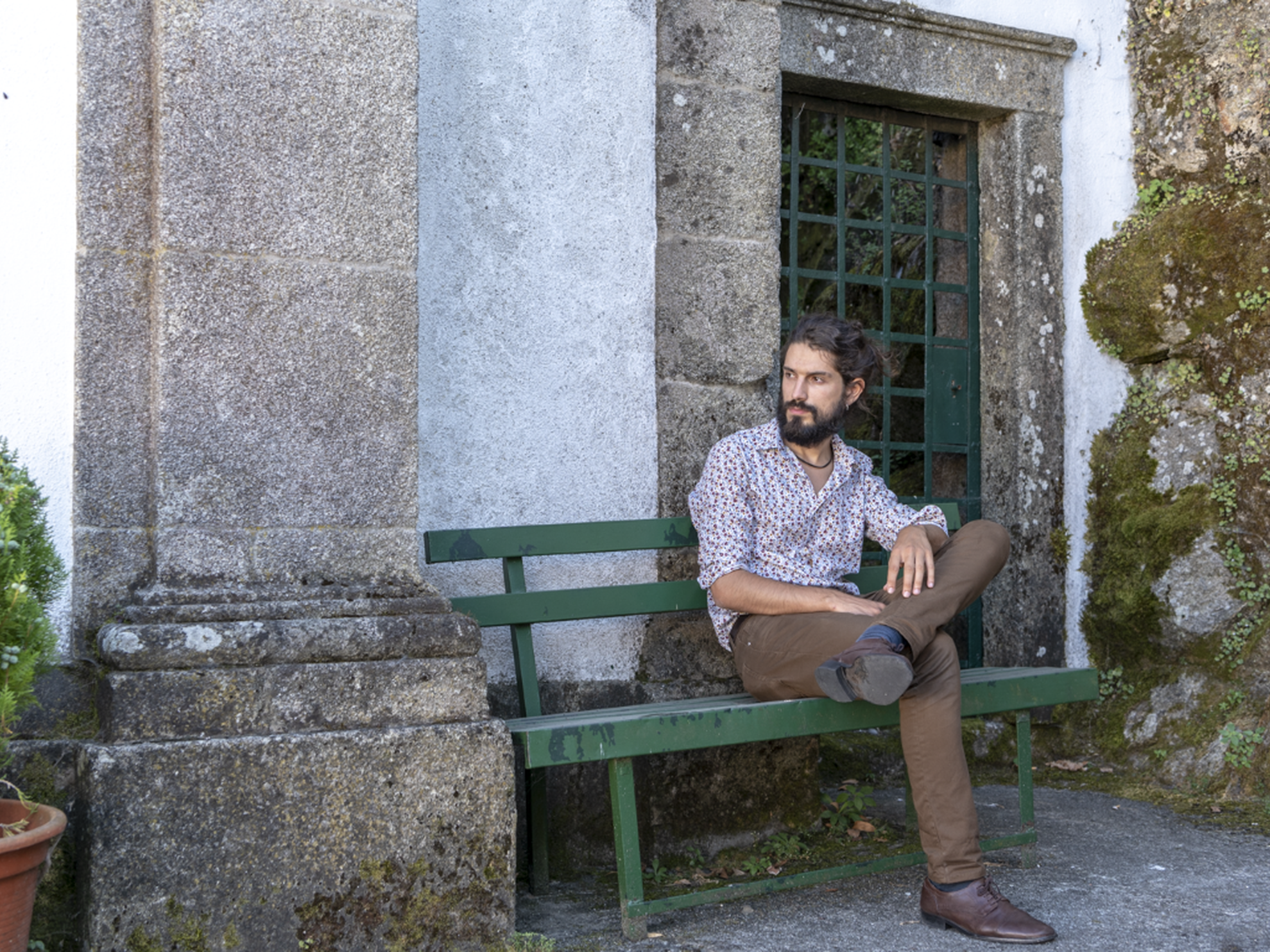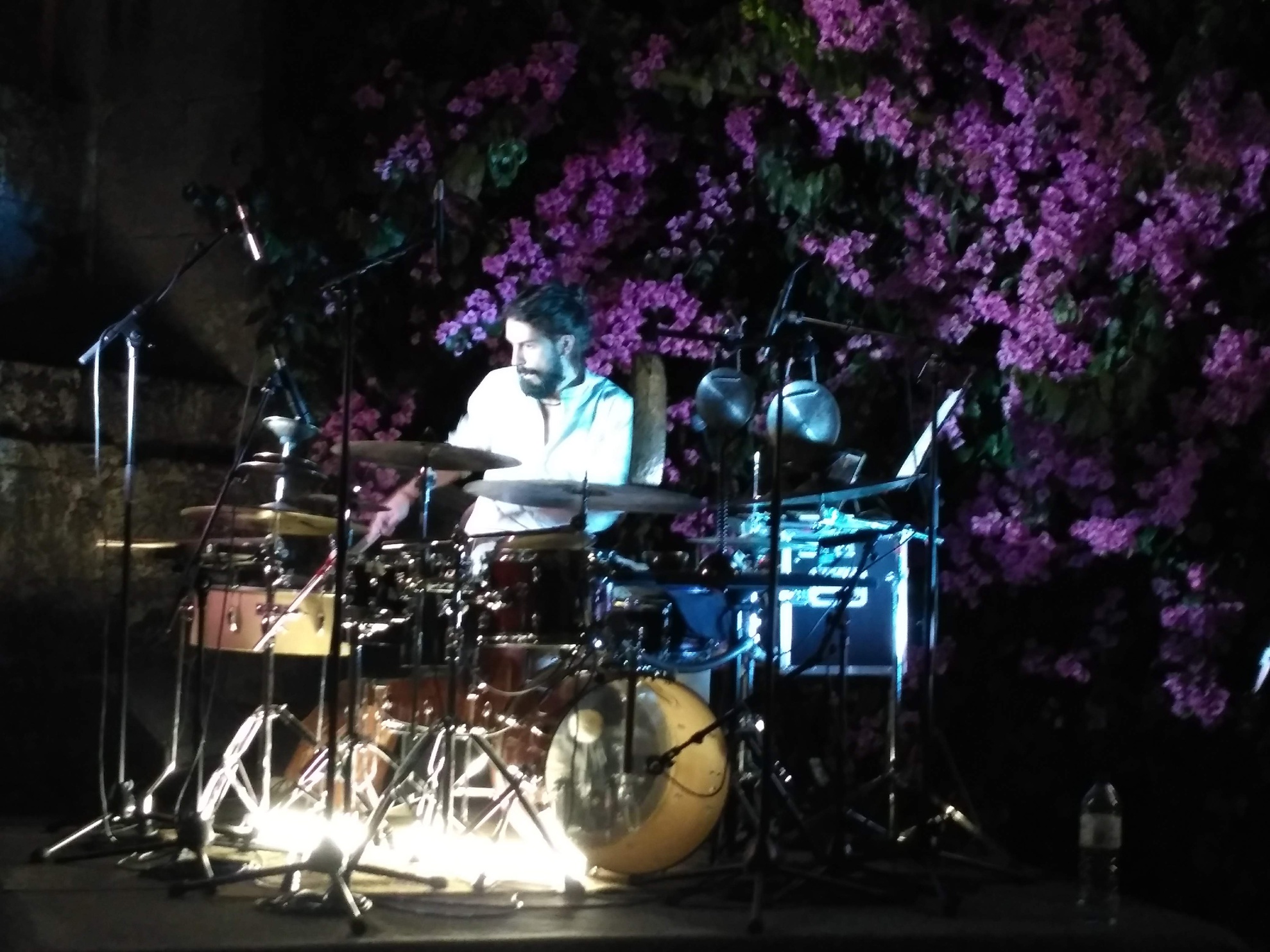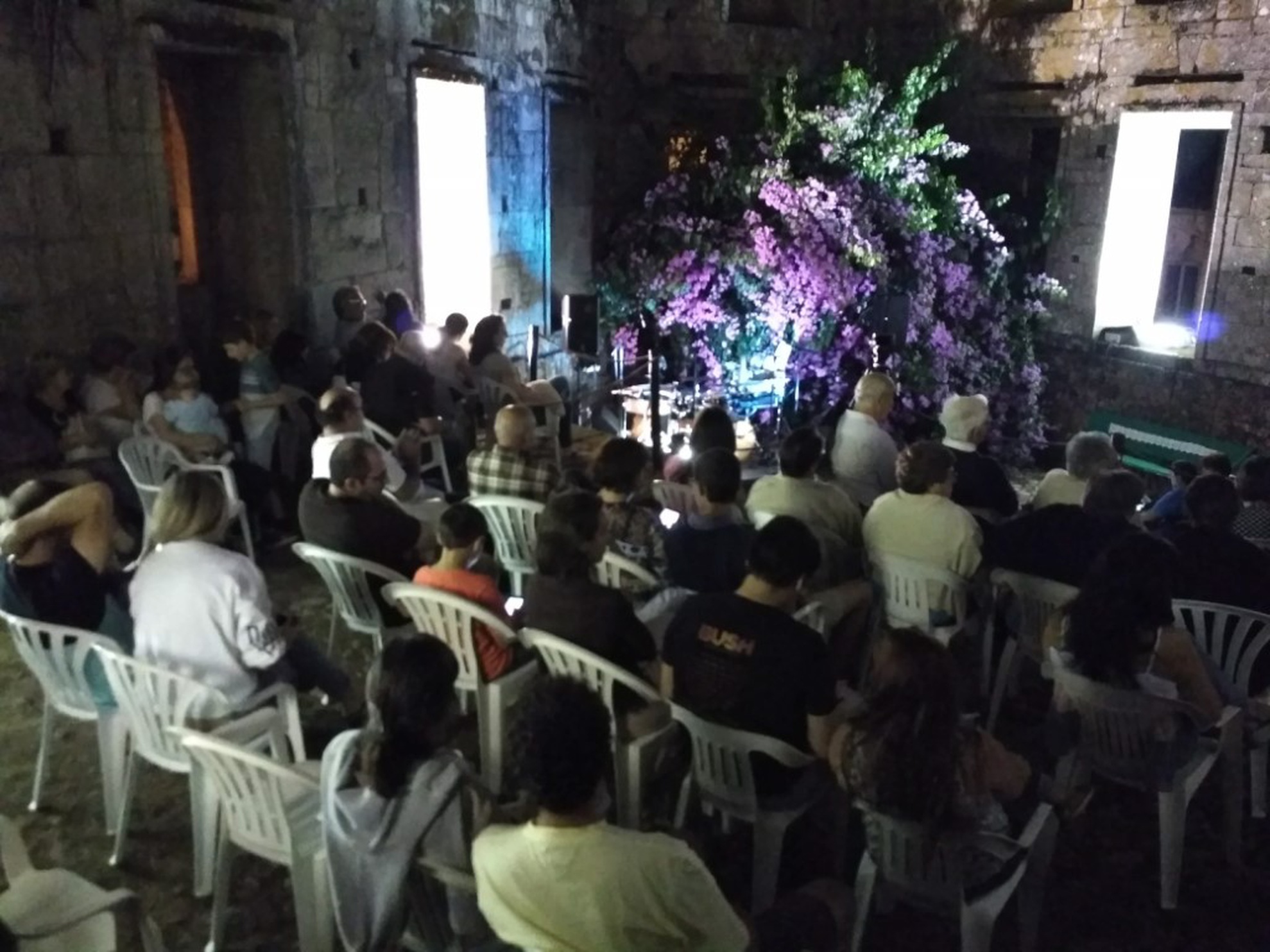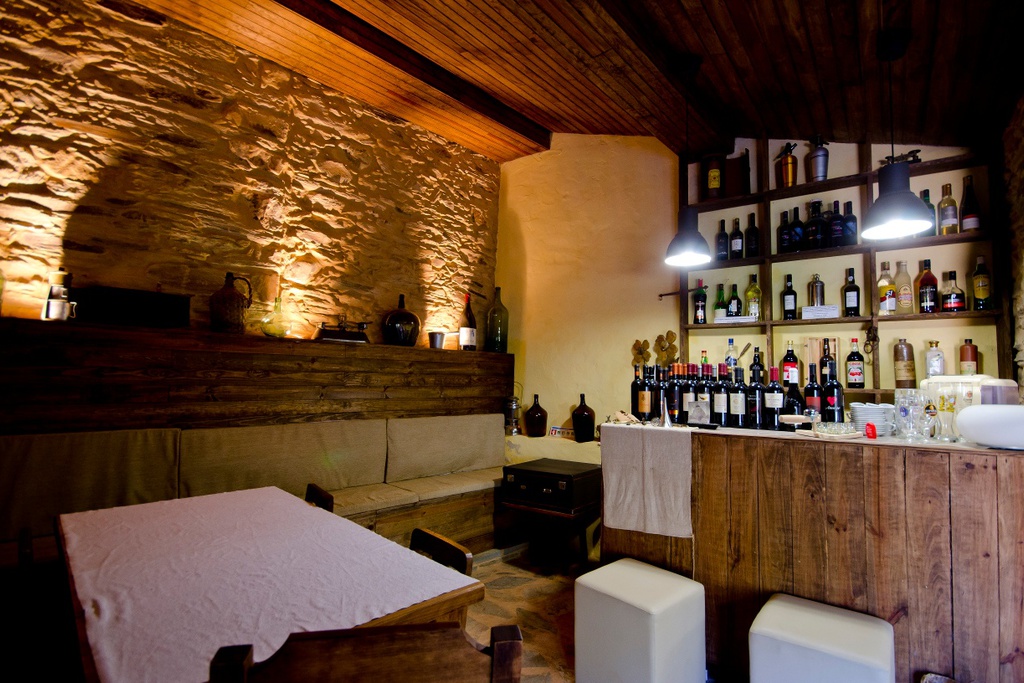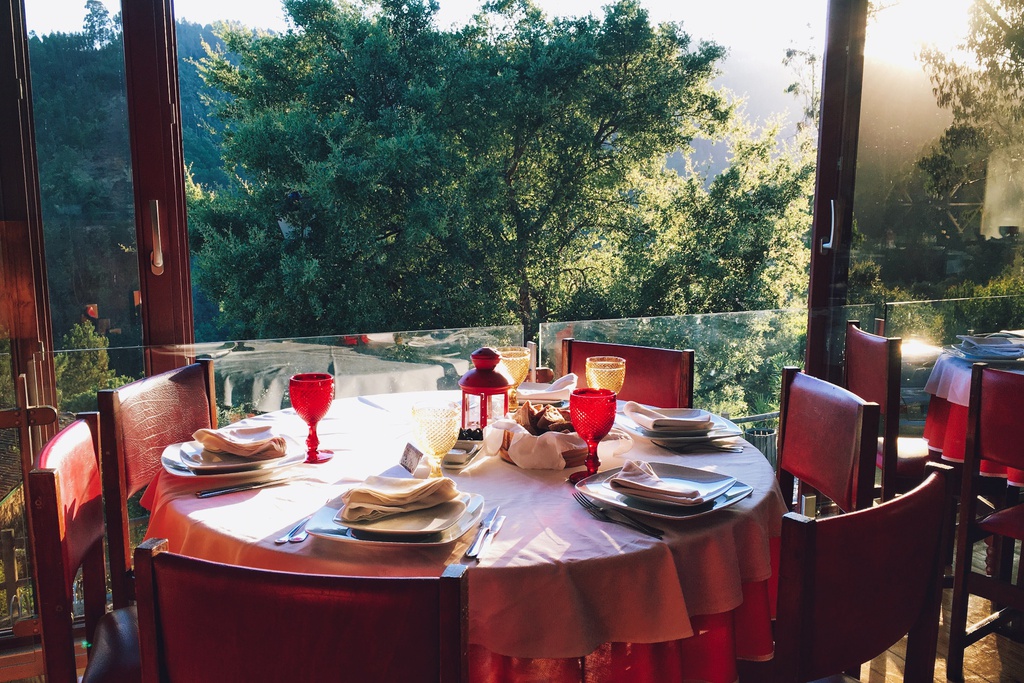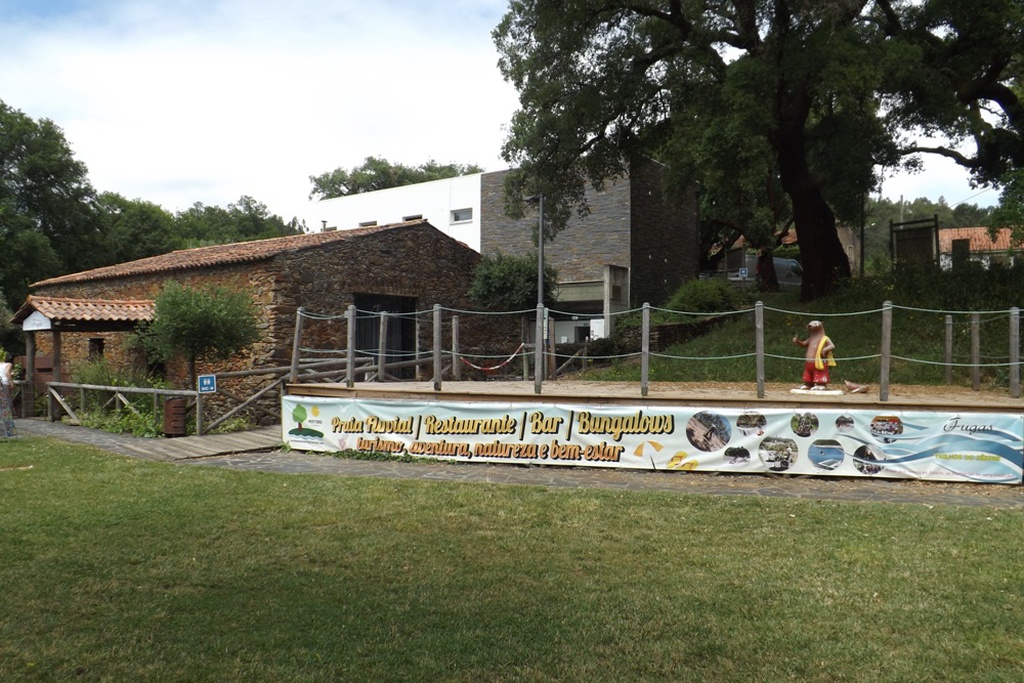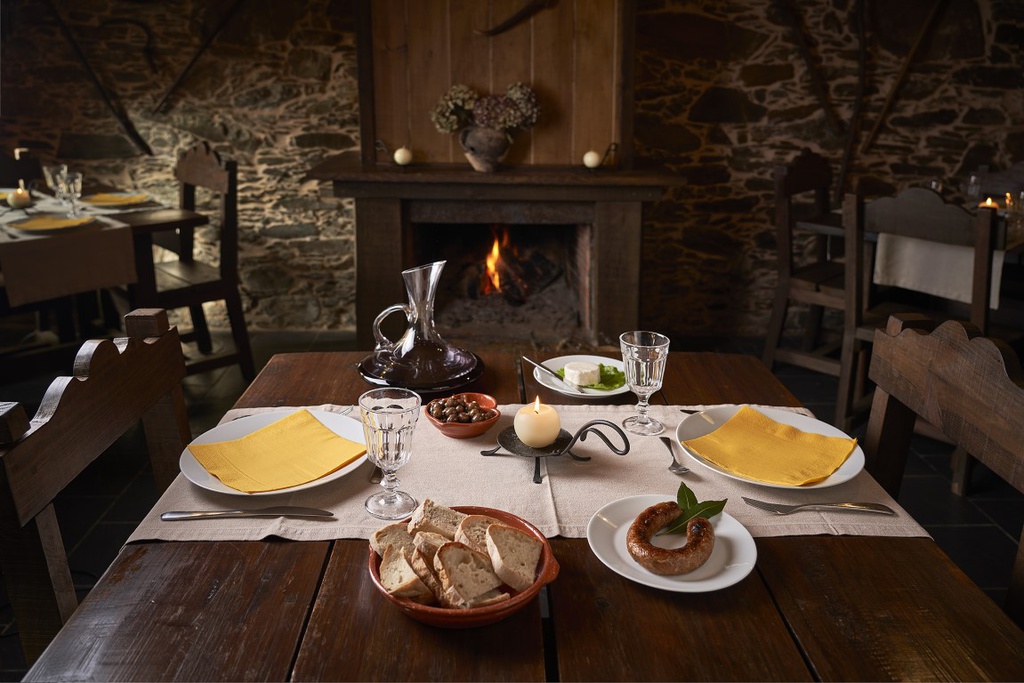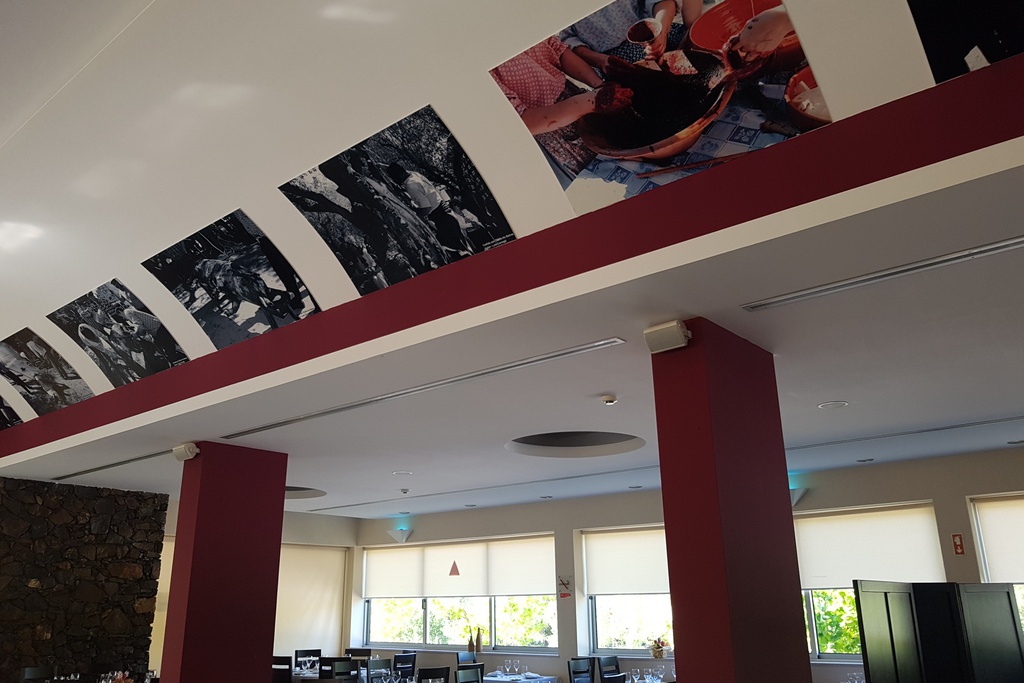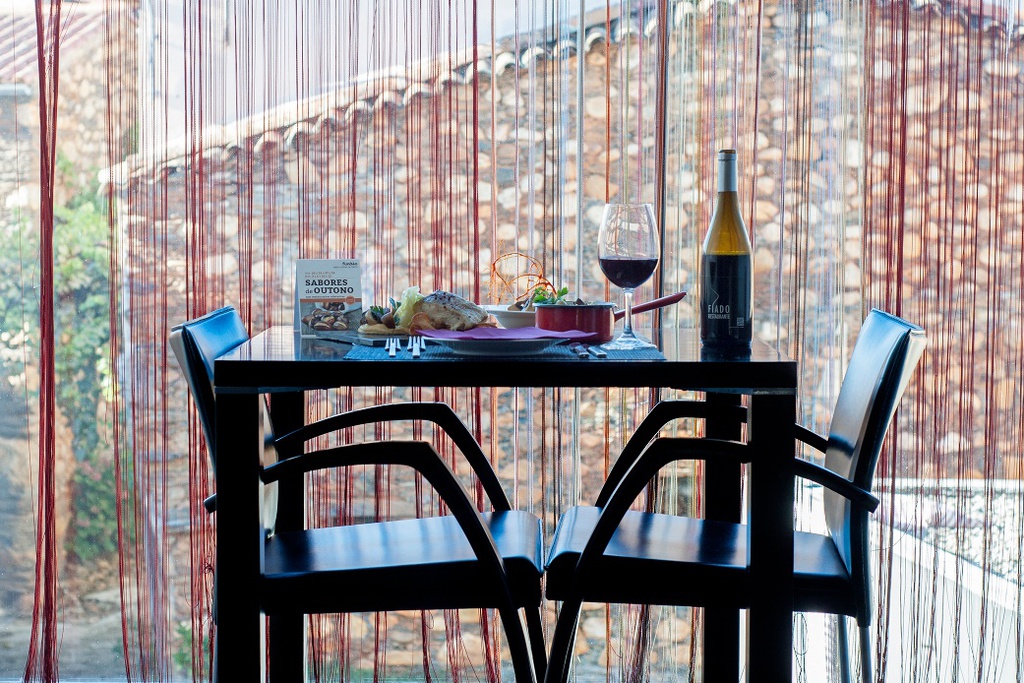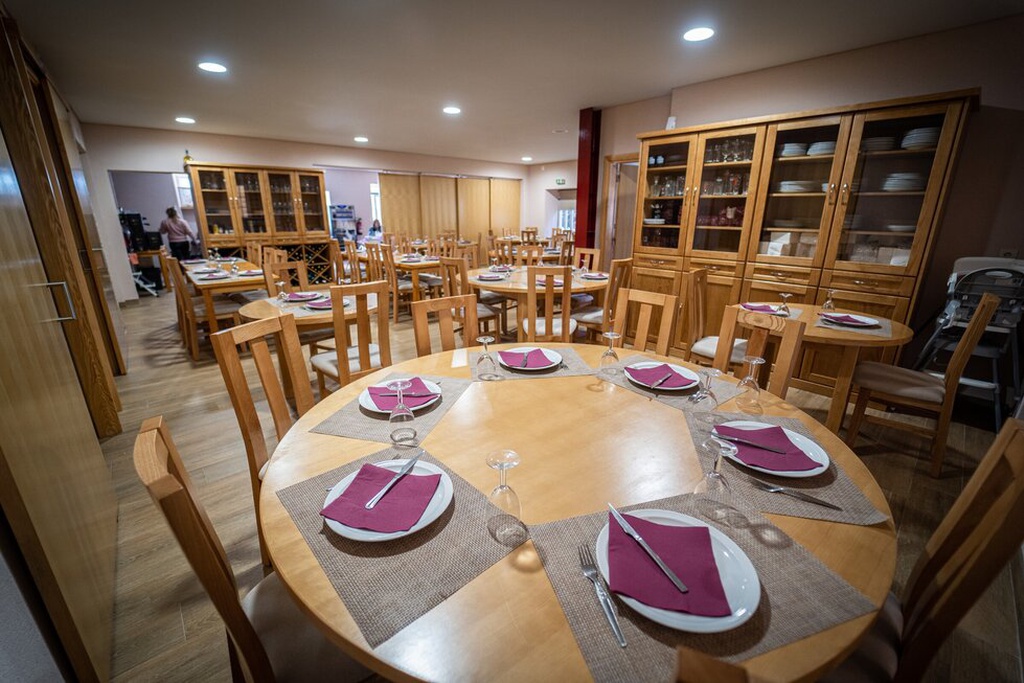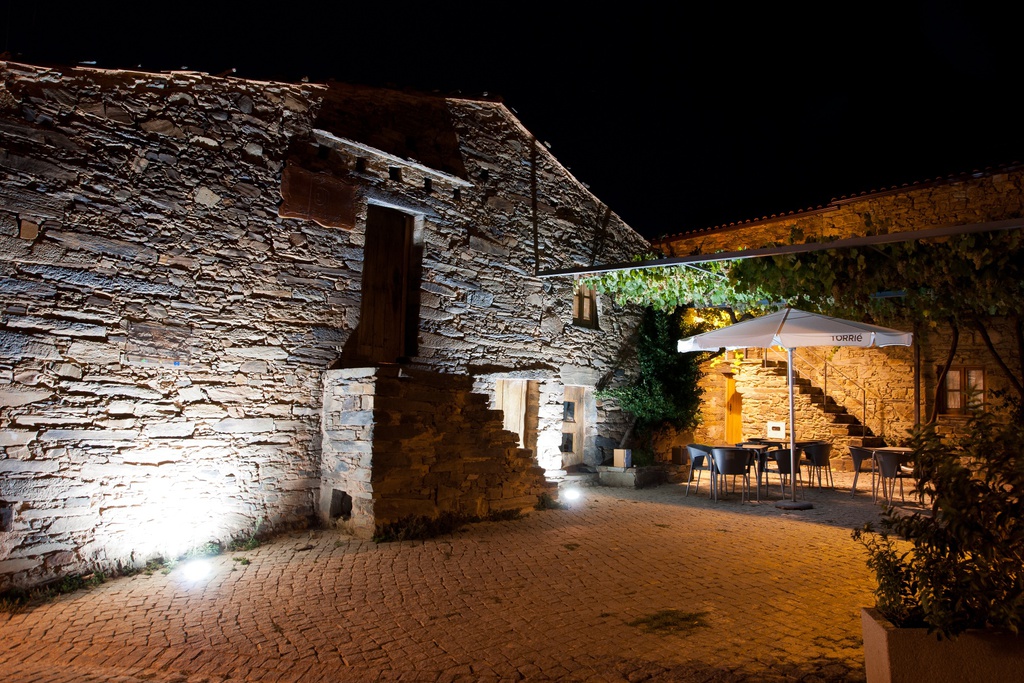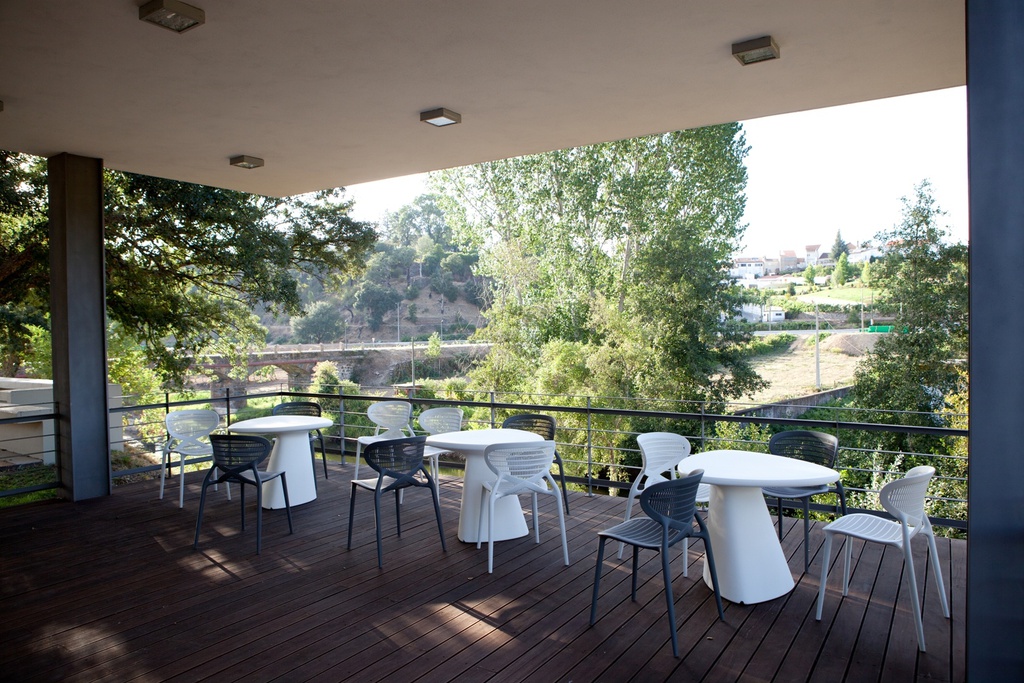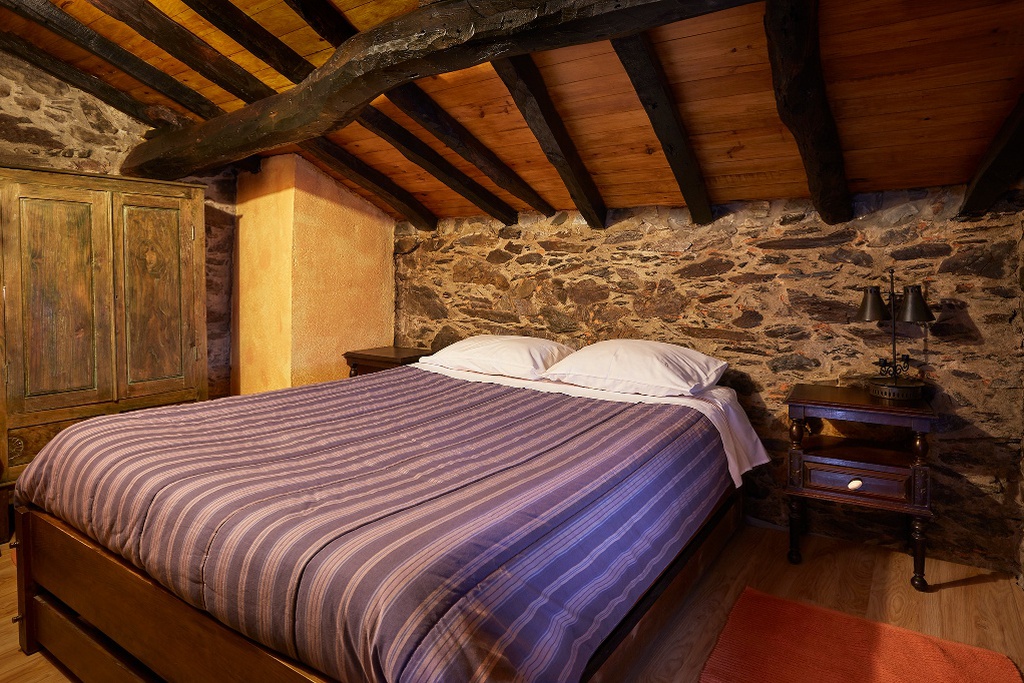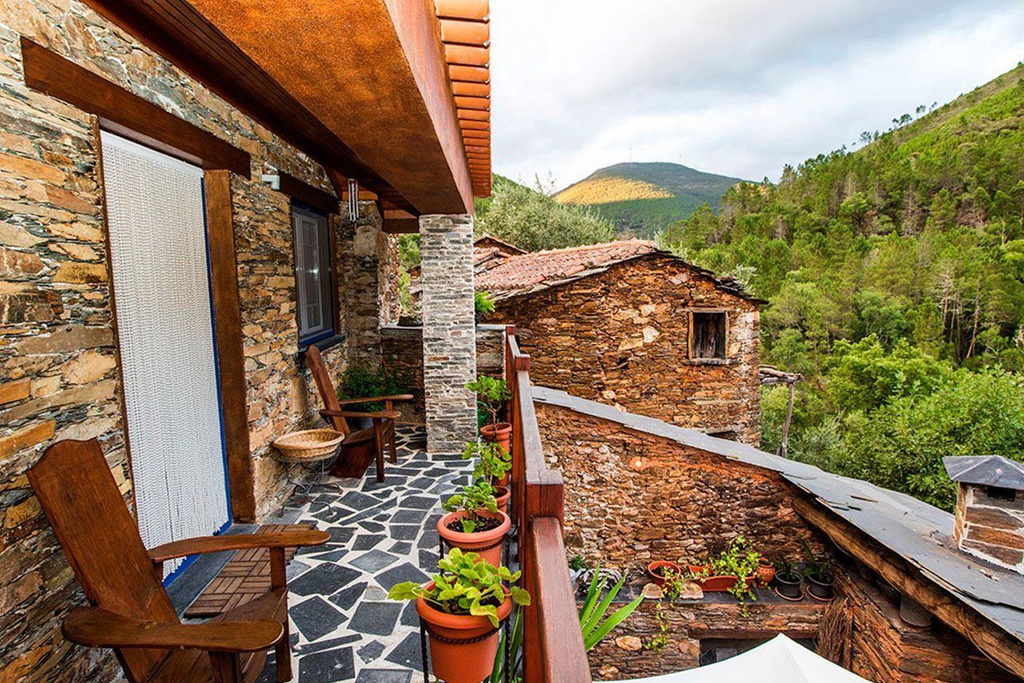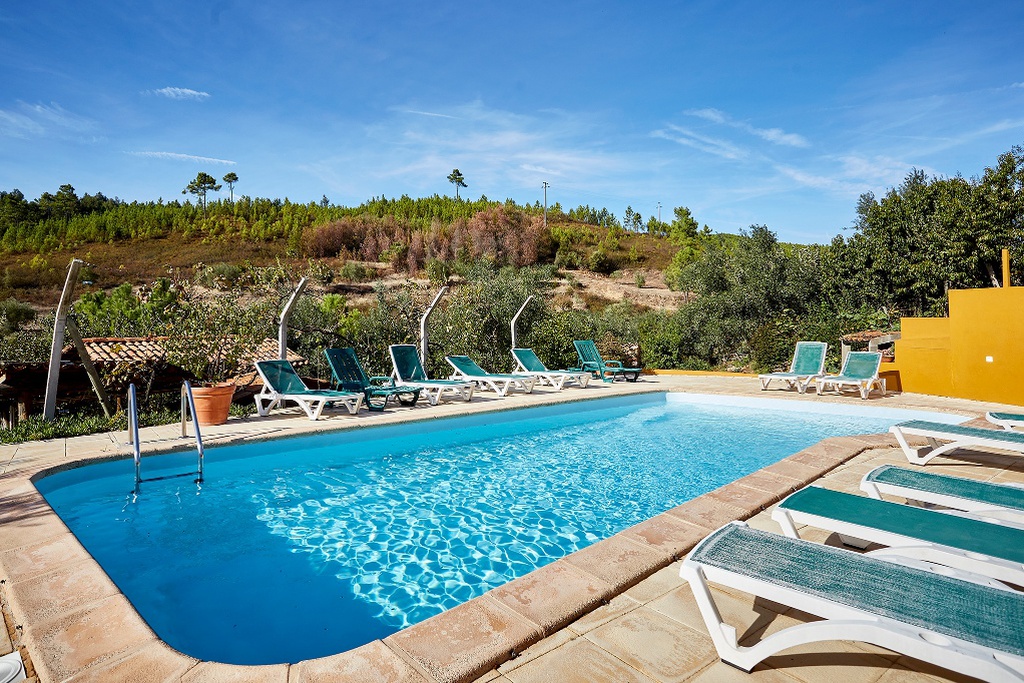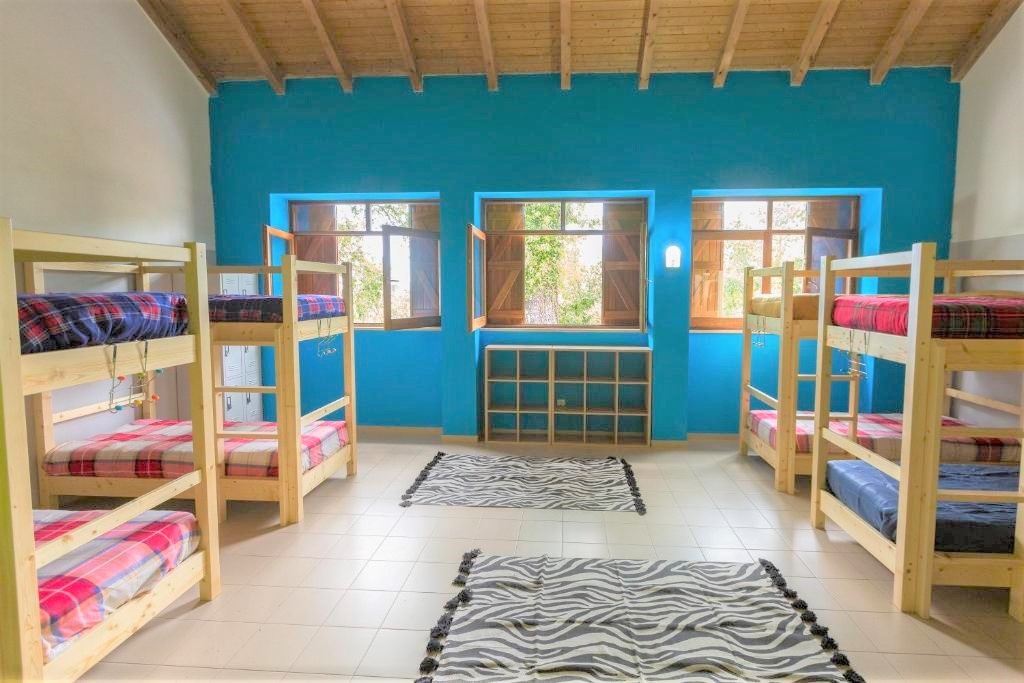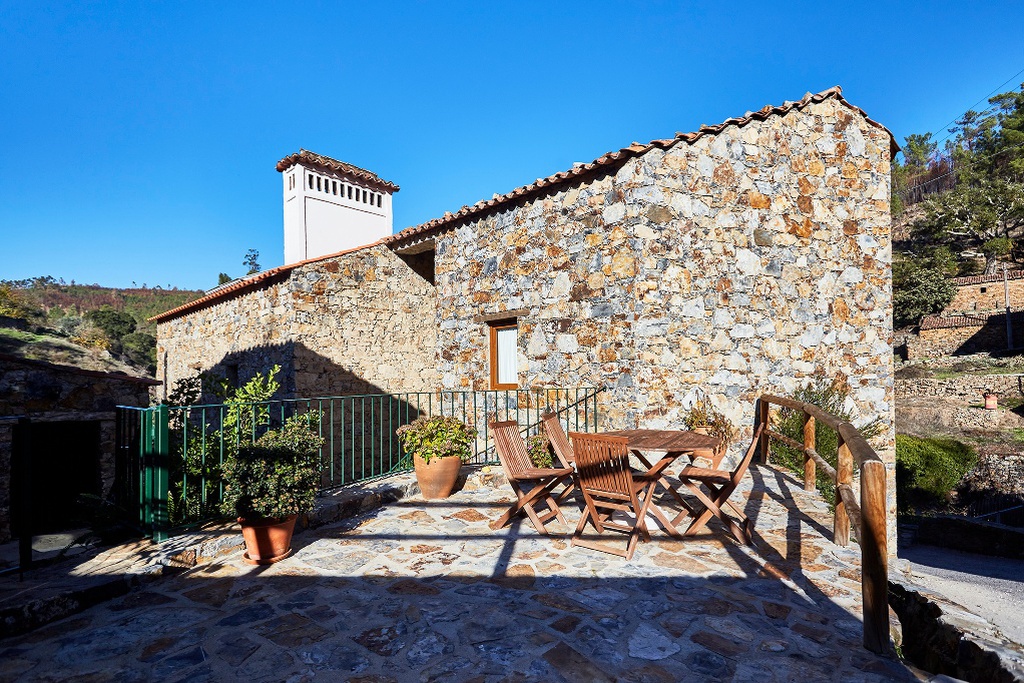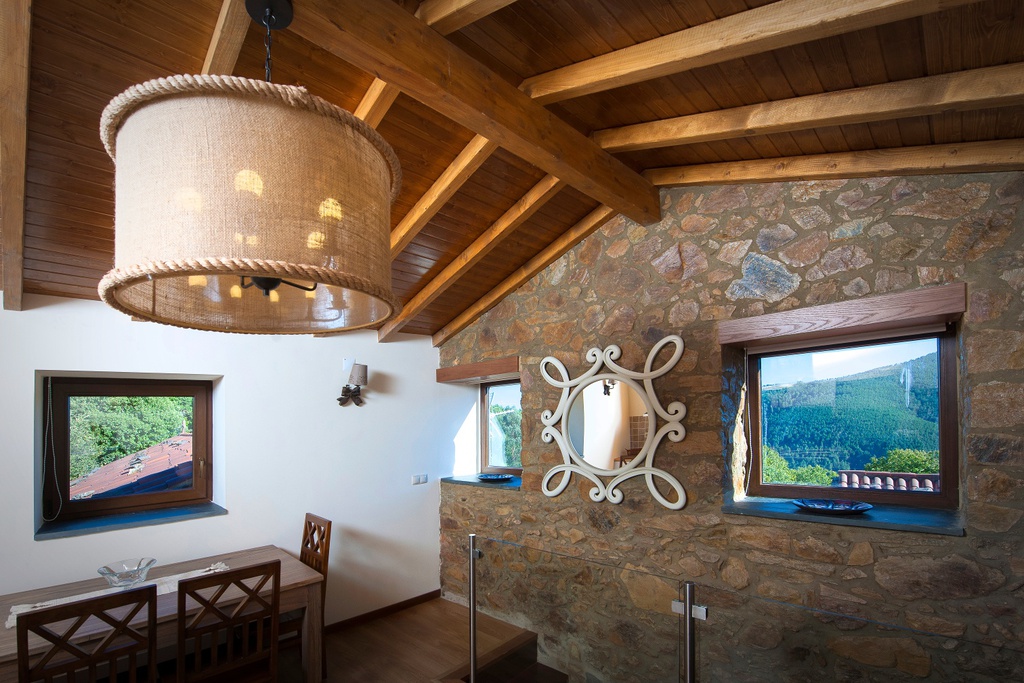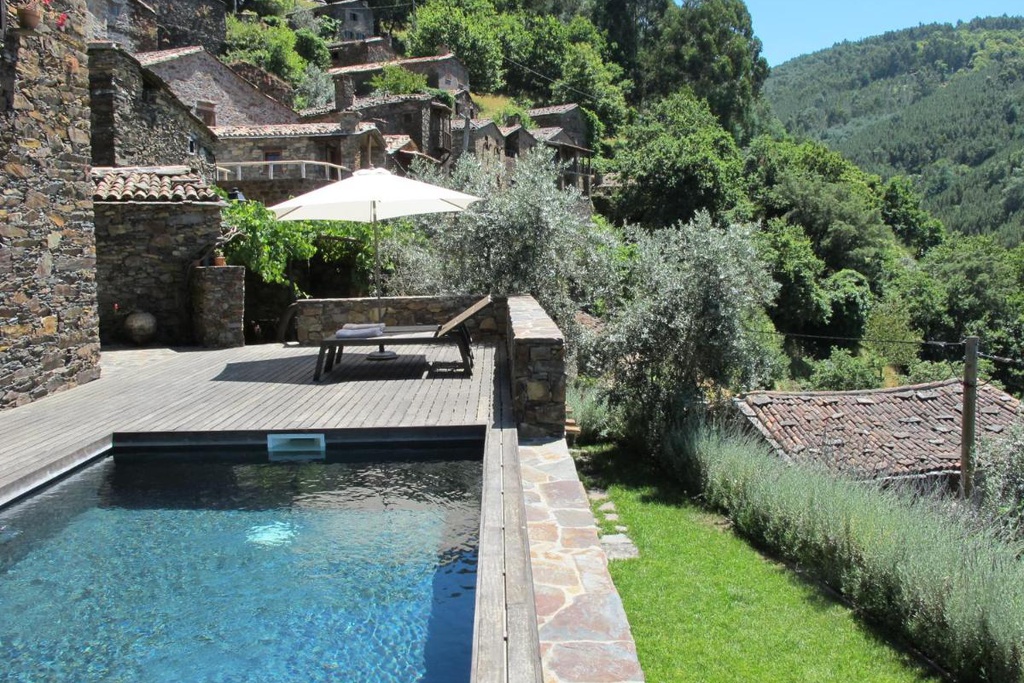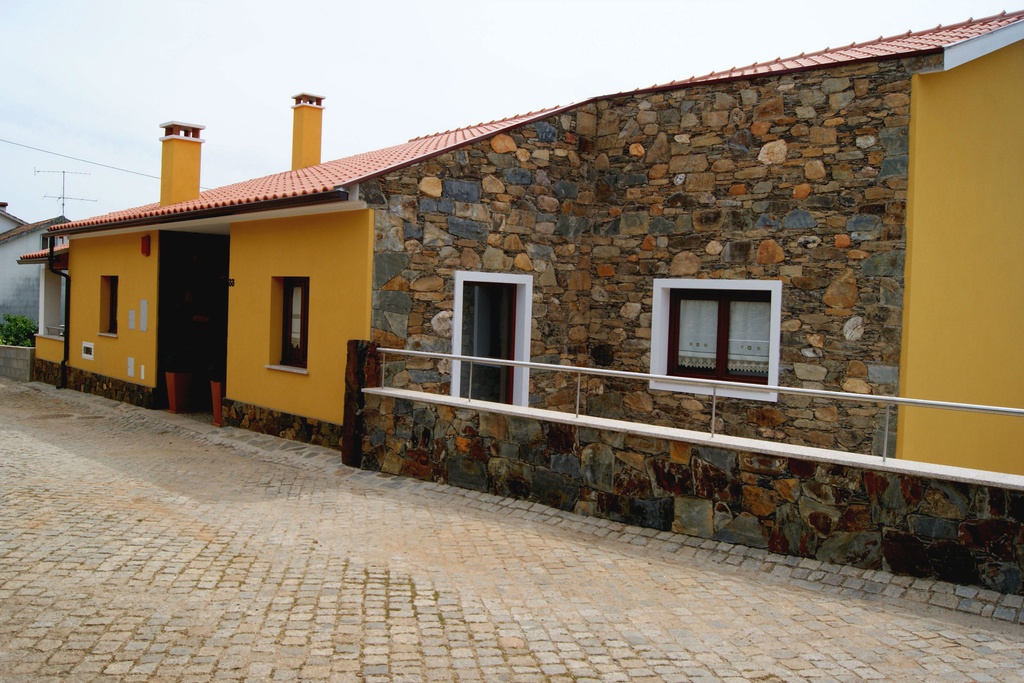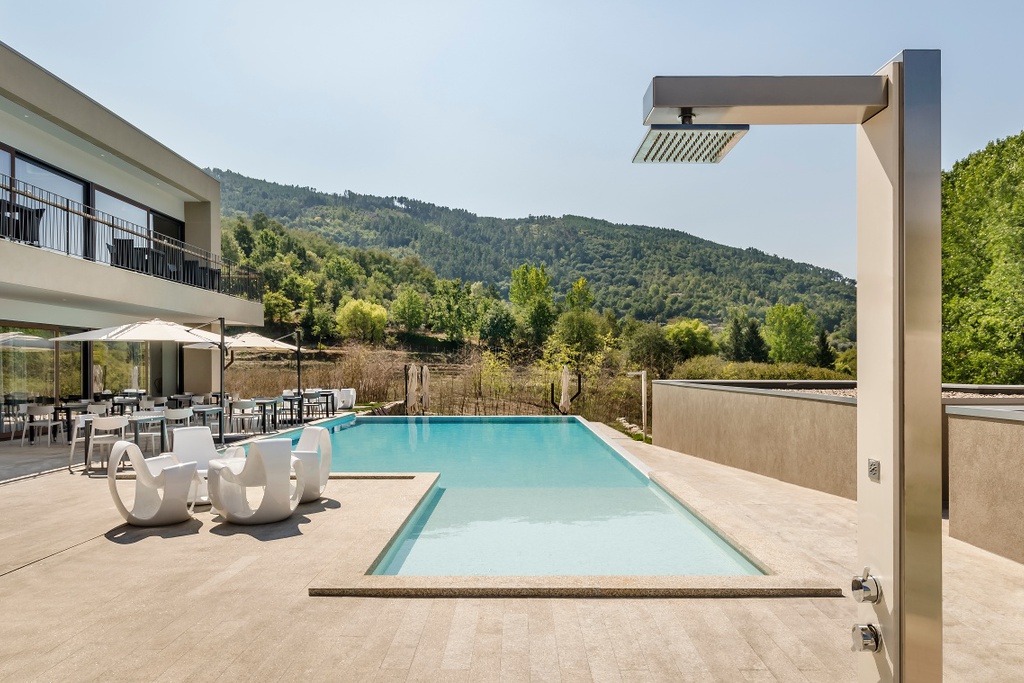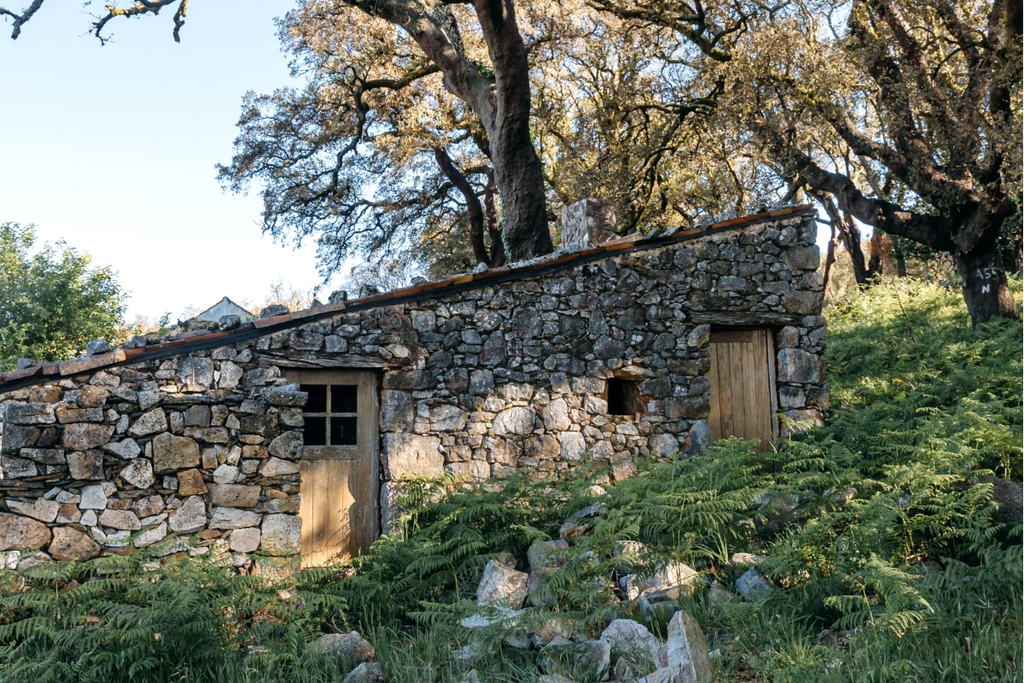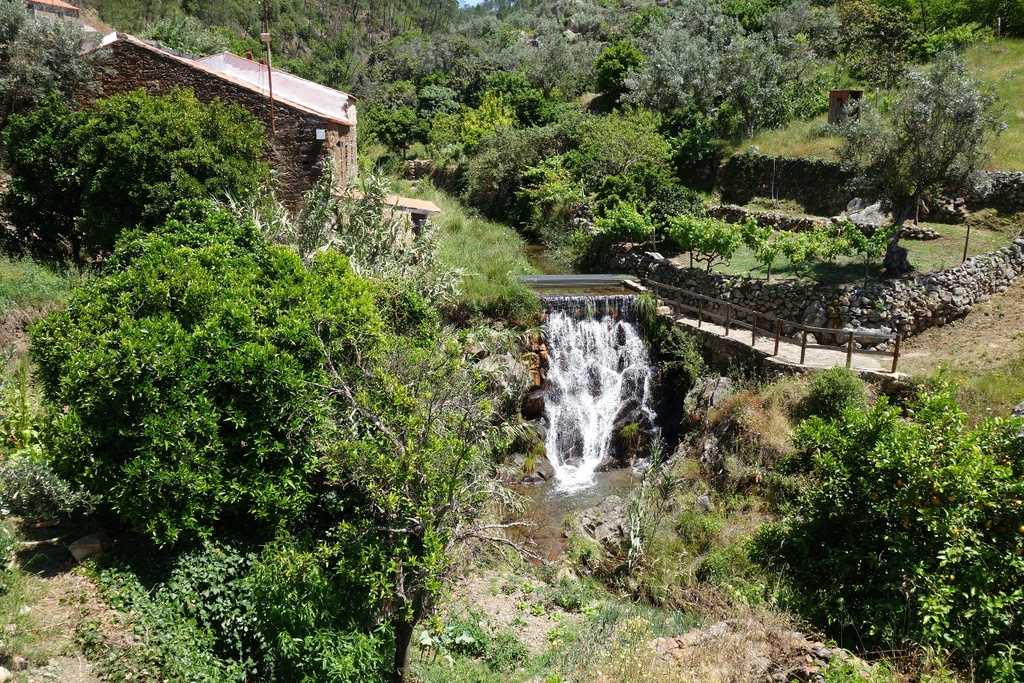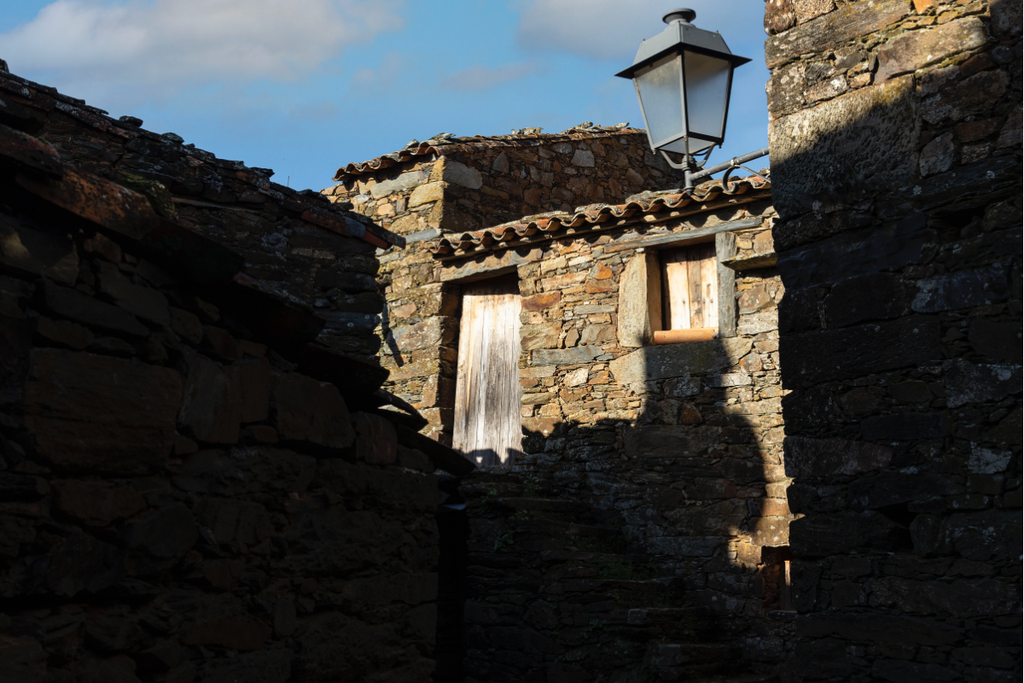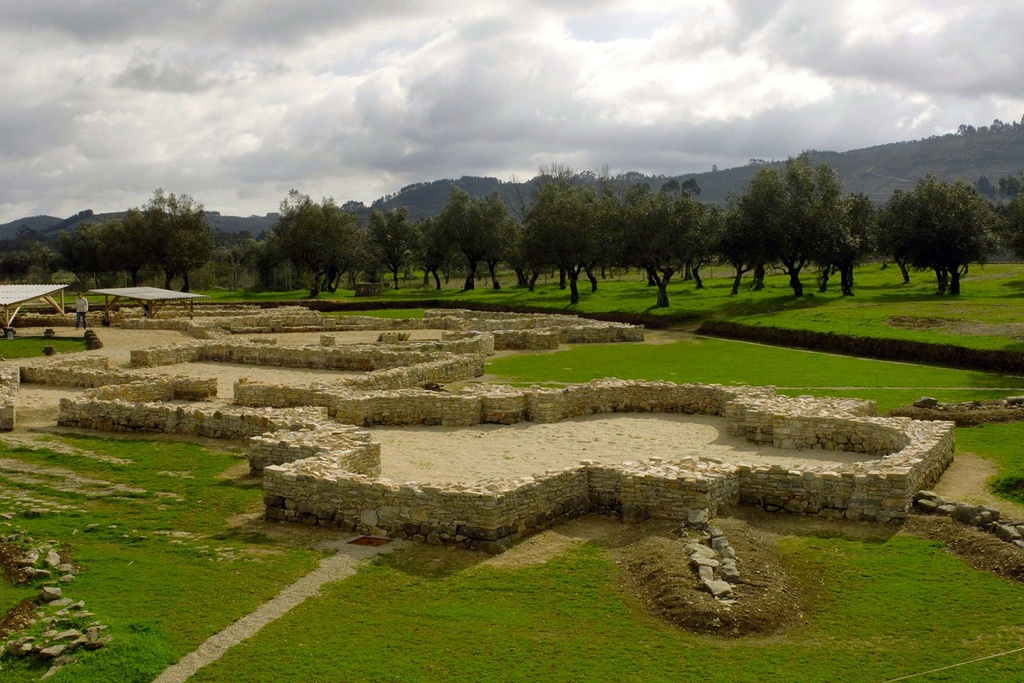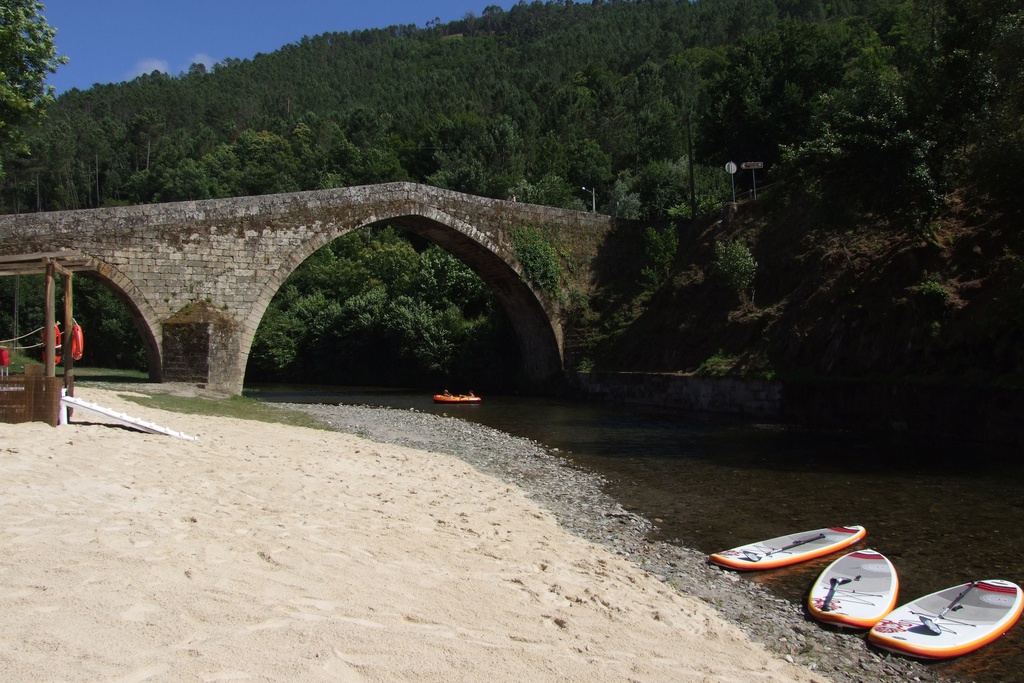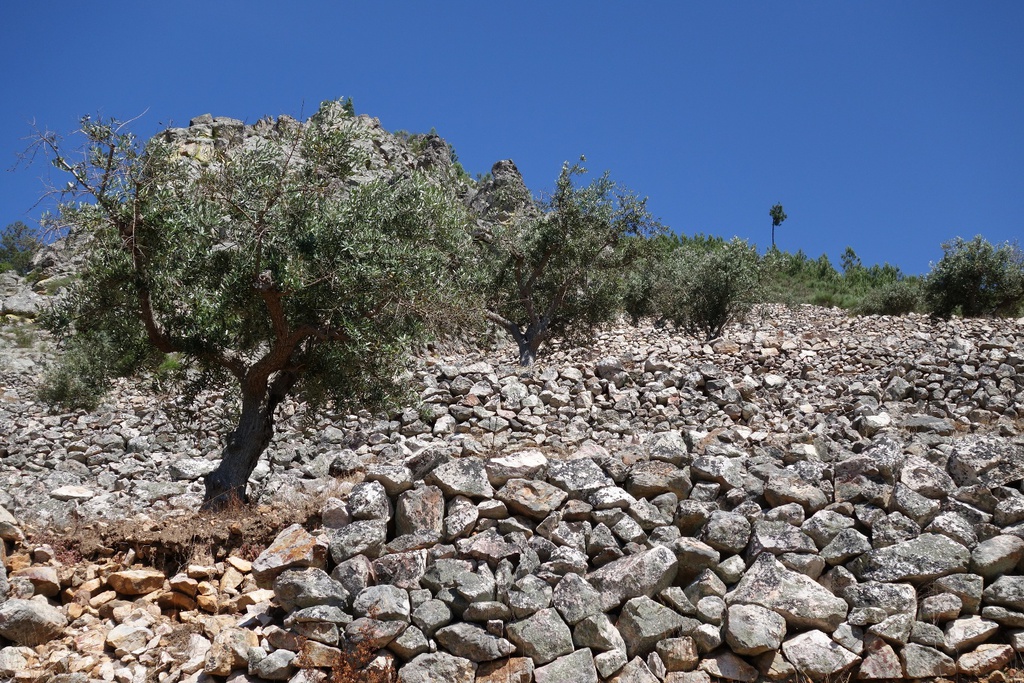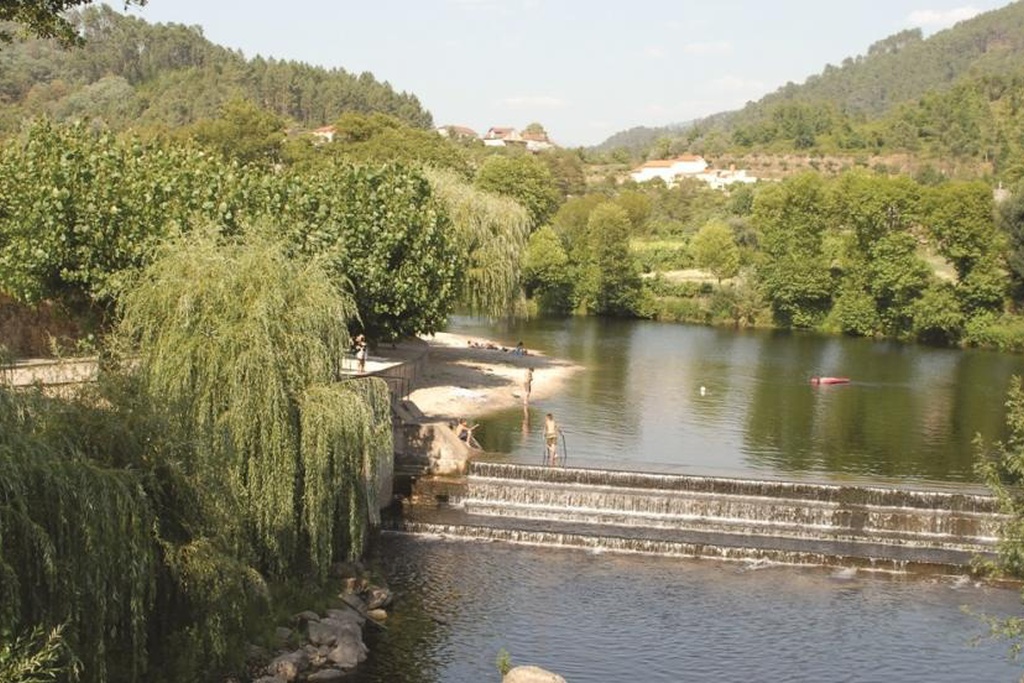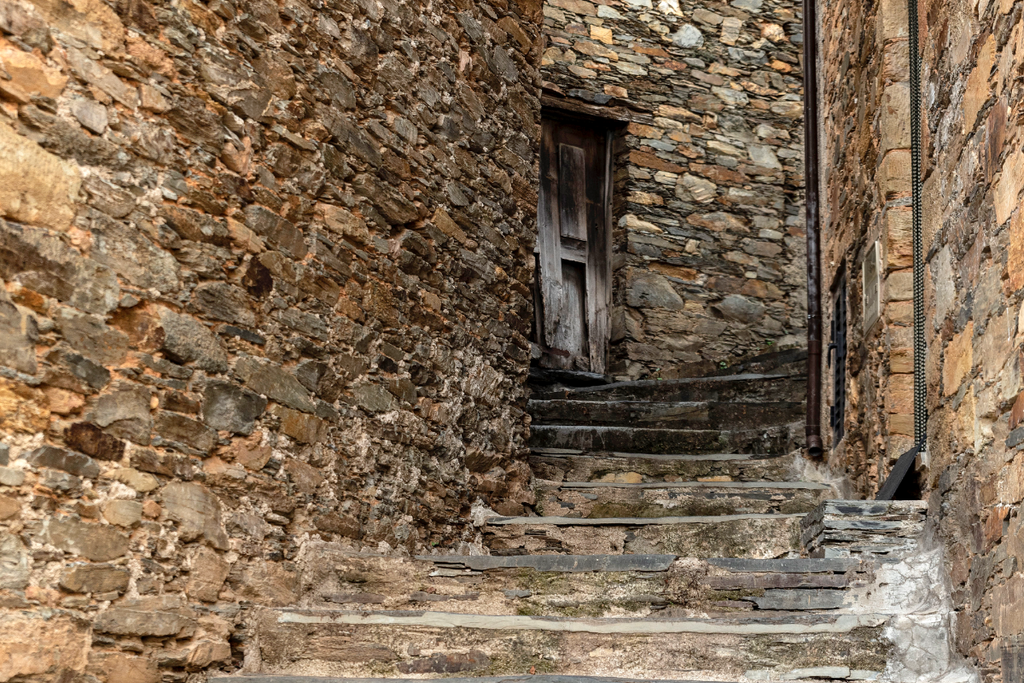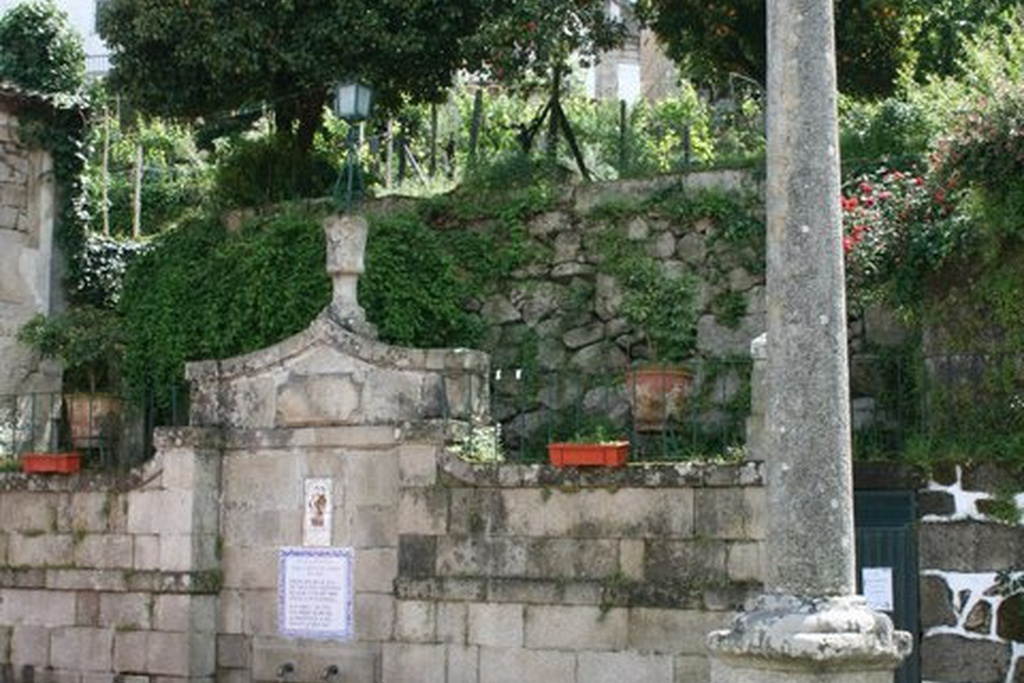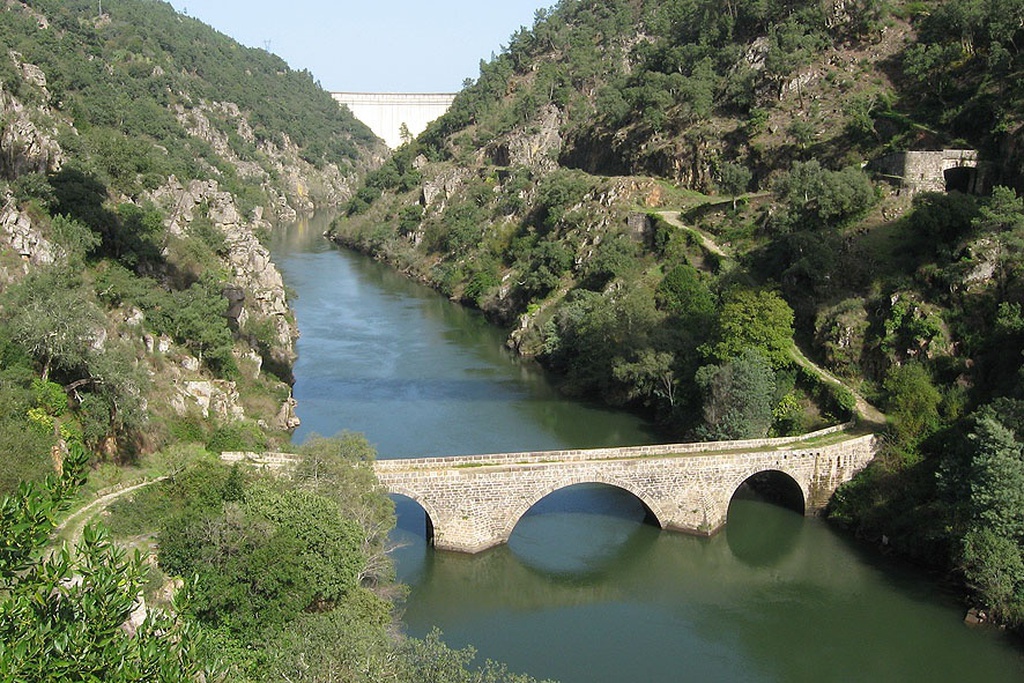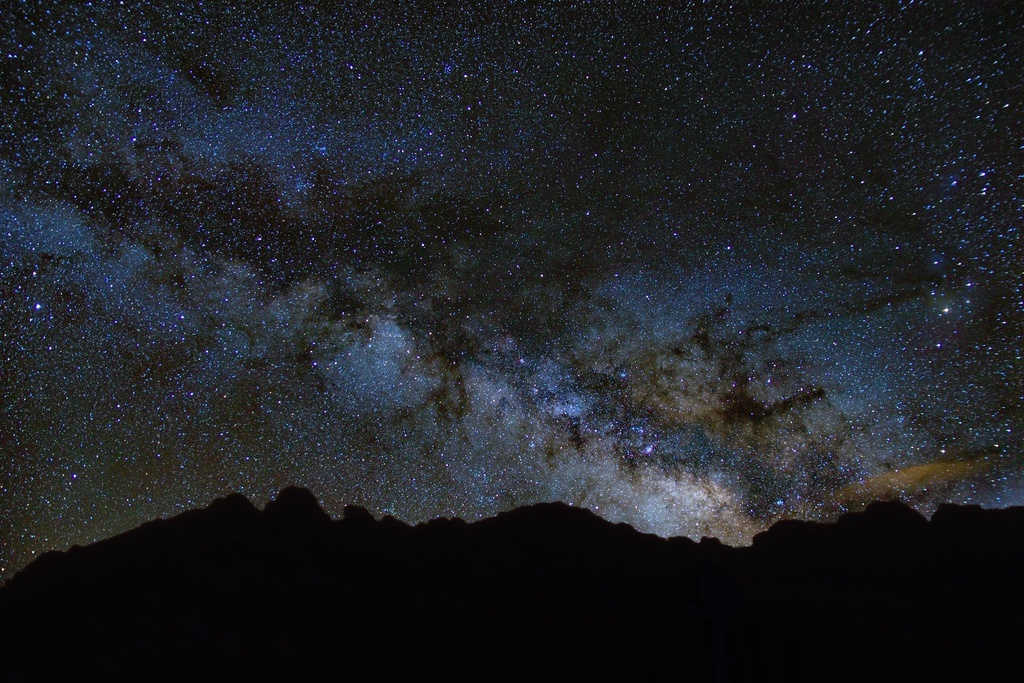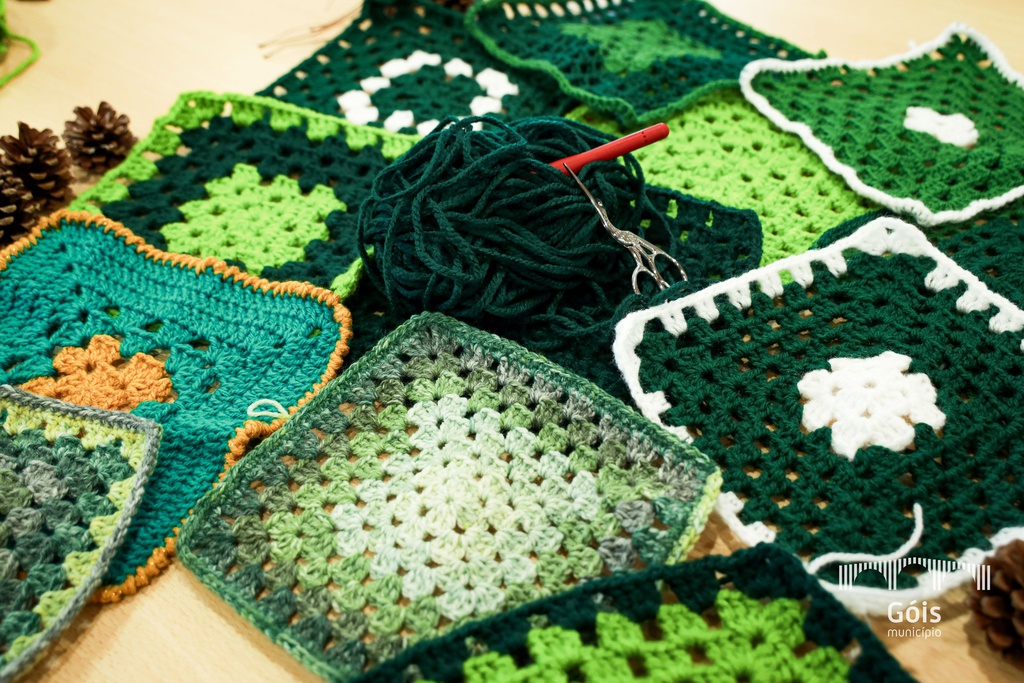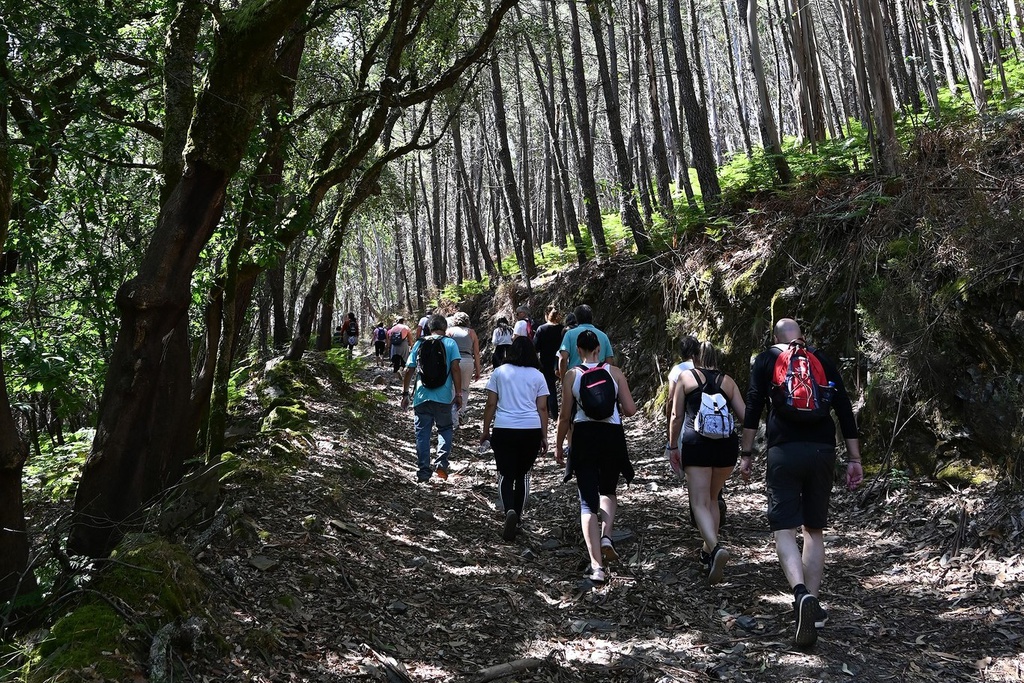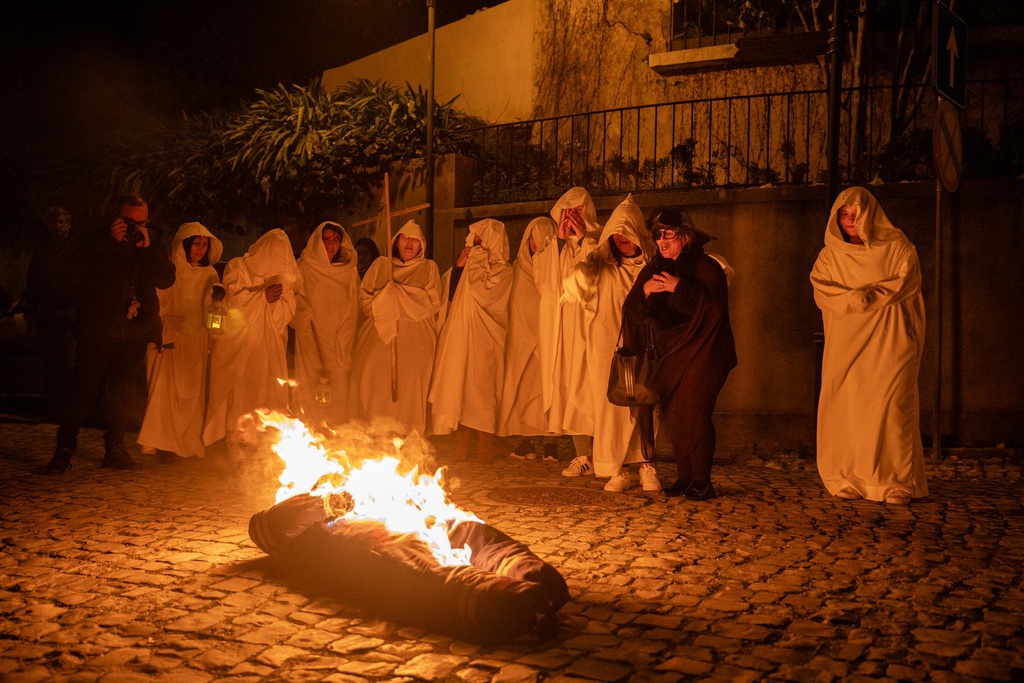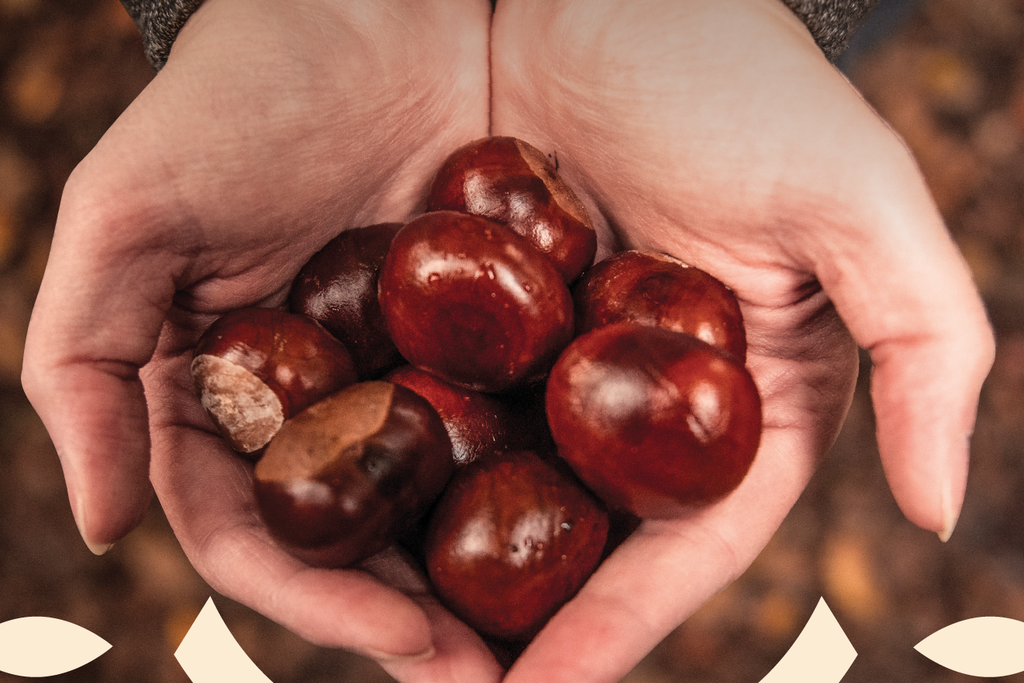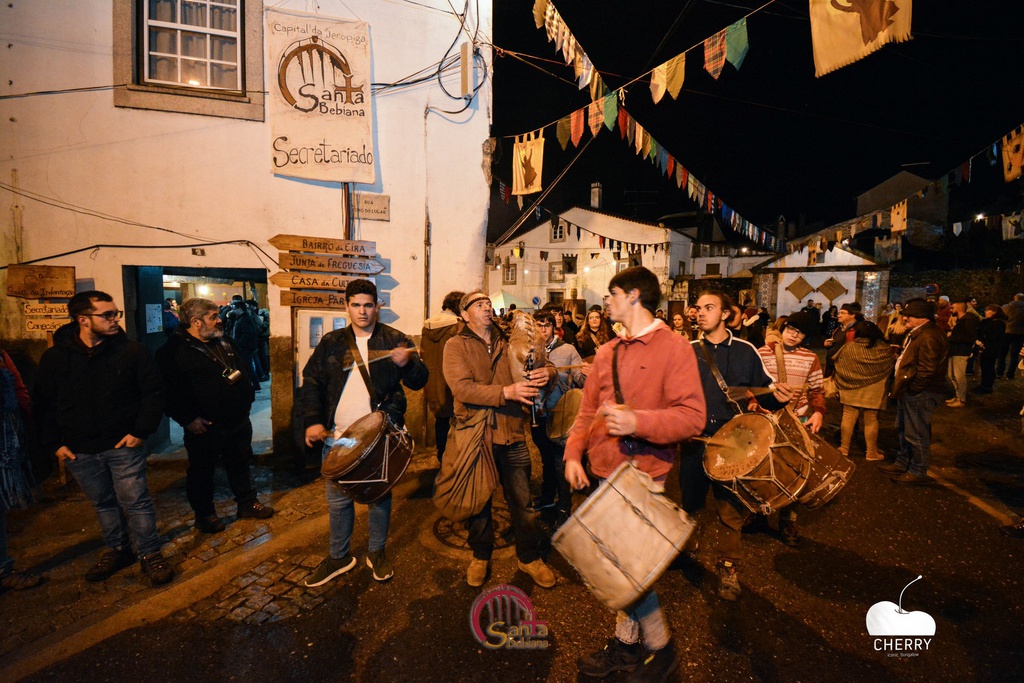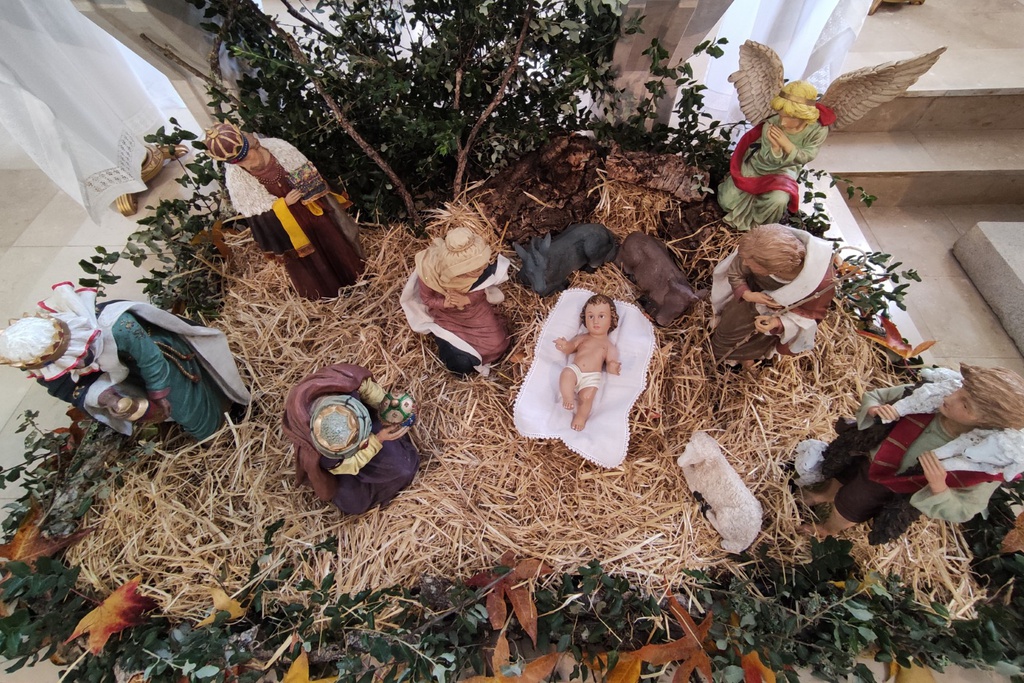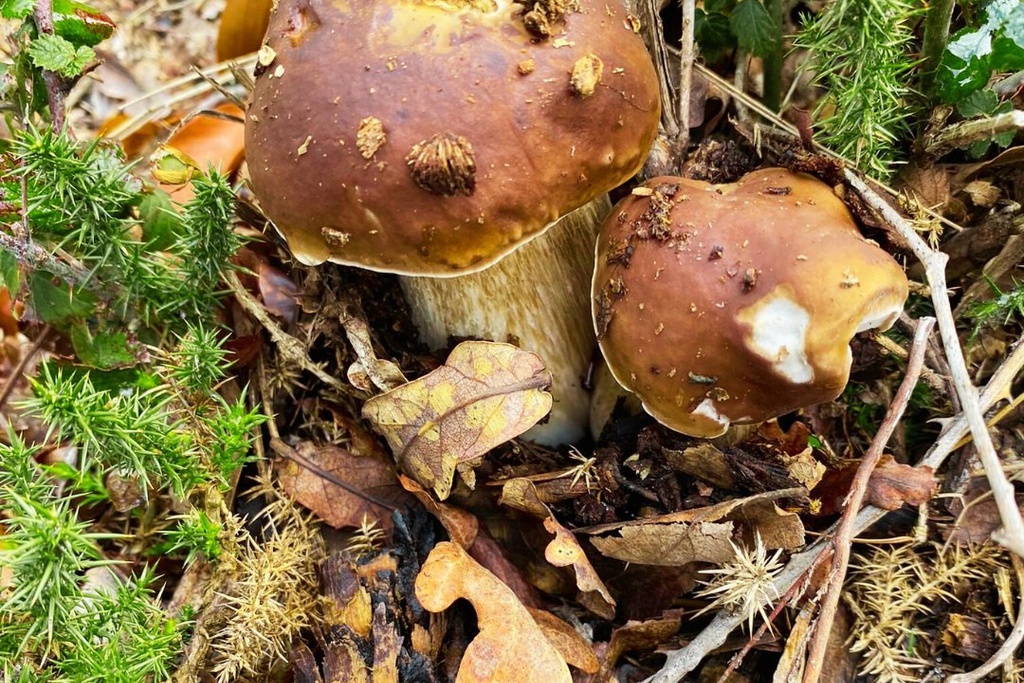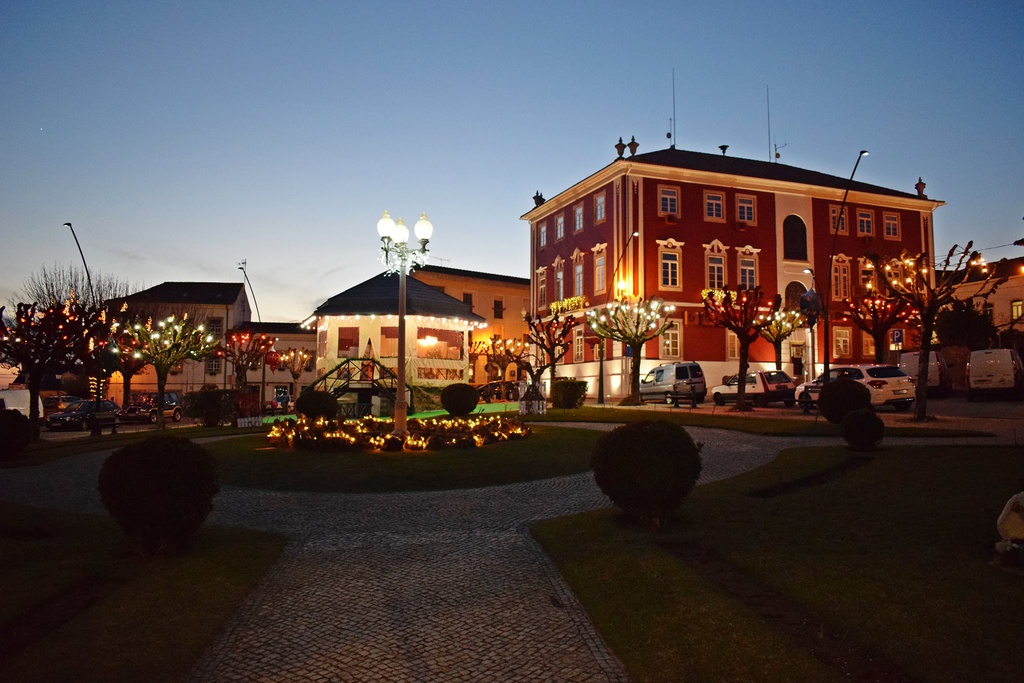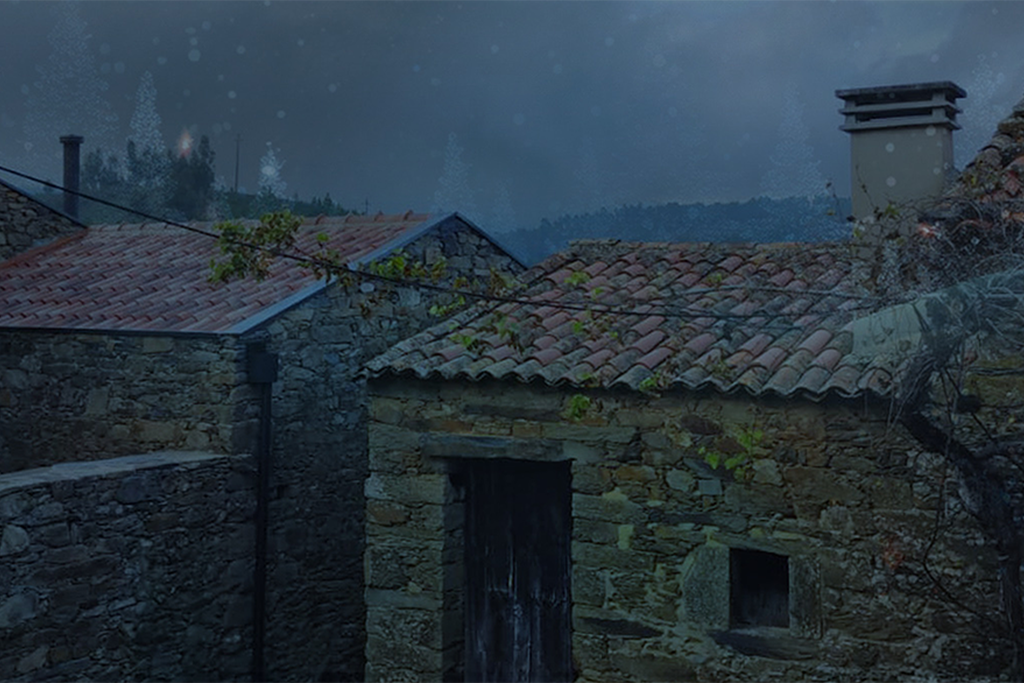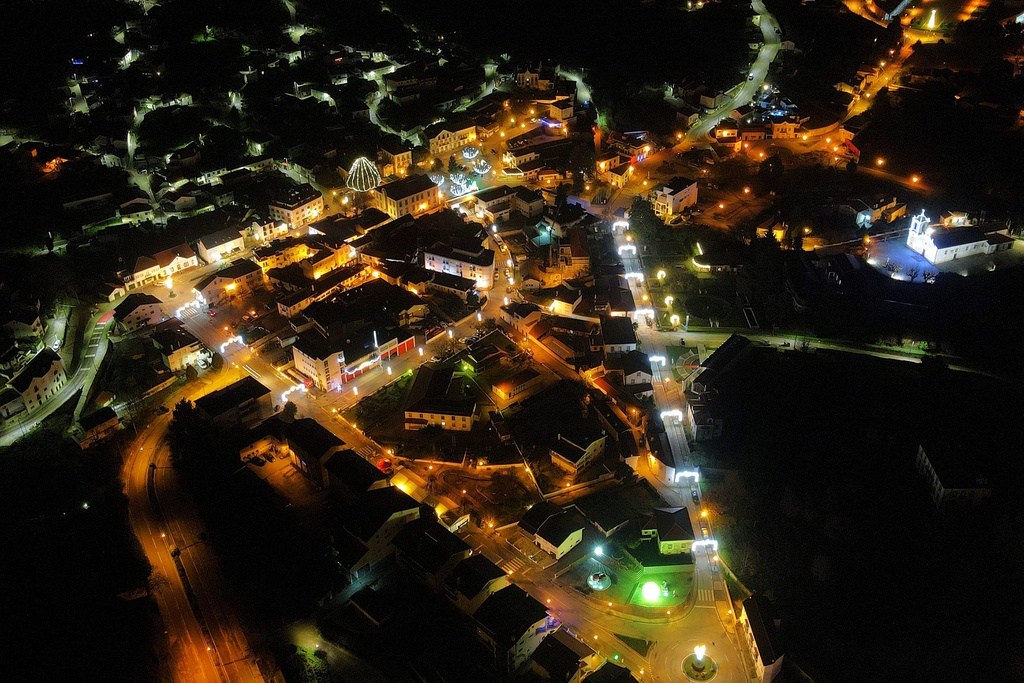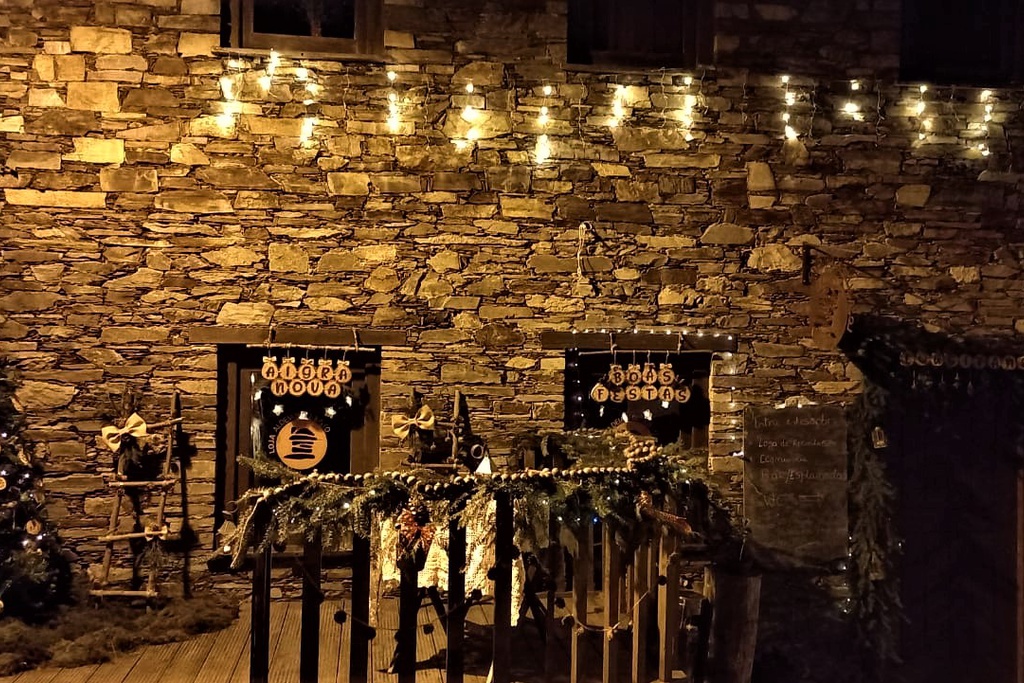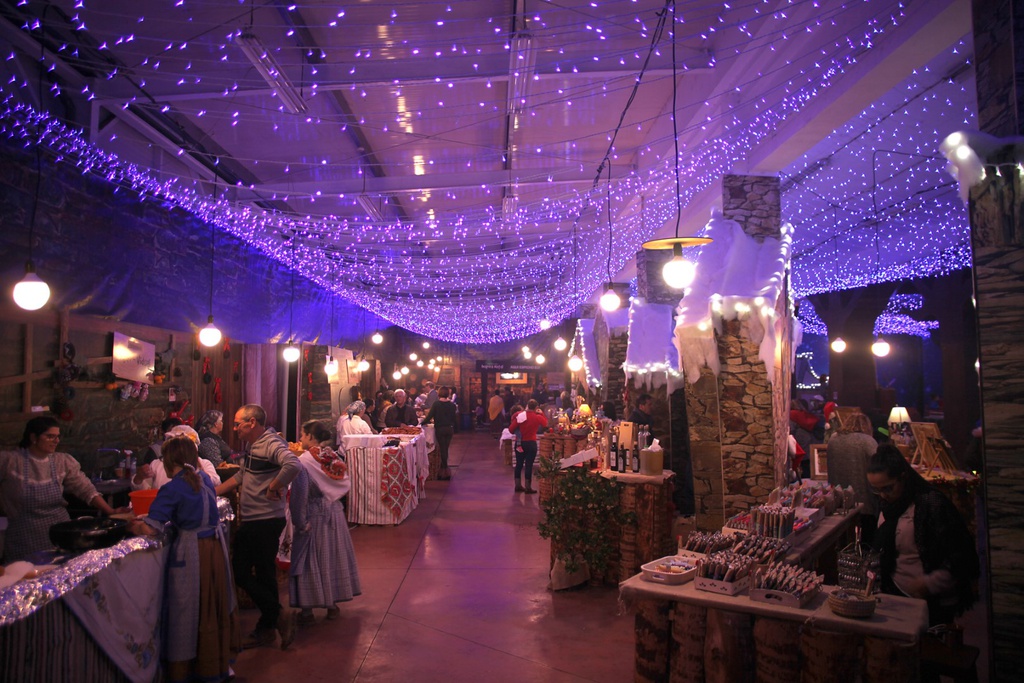“…
There are songs in the air,
Enchanting melodies
…”
During these first weeks of August, March’s proclamation at Aldeia das Dez is really true, fixed as it is on one of the walls of the Village Improvement Association, where Pedro Melo Alves spent the first two weeks of August.
The musician was an artist in residence as part of XJazz – Jazz Encounters in the Aldeias do Xisto, an initiative led by ADXTUR - Schist Villages Tourism Development Agency and JACC - Jazz at the Centre Club, and he played in public at an open-air show at Casa da Obra on 11 August.
“Originally, the idea was to do an artists’ residency in composition, which is unusual in Portugal”, begins Pedro Melo Alves’ explanation. During the days spent in the village, he took the opportunity to develop and finalise the solo project he started in January and which he presented in Porto in February.
“The project arises from several points: technically, it explores the possibilities of electronics in real time”, he adds. This is not the first time he has called upon electronics, but this solo performance is a “catalyst”, a “laboratory” where he brings together various experiments.
At the same time, he took the opportunity to prepare for the coming months and the various projects he is involved in. ”Next year is going to be cosmic”, we heard him say as he was preparing to set up his show.
“This artists’ residency is the culmination of an experience-consolidation process at the same time as experiencing more”.
Experimentalism is perhaps one of the characteristics that marks the work of Pedro Melo Alves. It is not watertight, it does not feed on clichés, it constantly seeks new musical forms and different sounds and introduces elementsthat, from the outset, have nothing to do with music.
This is, for example, the case with a chainsaw blade. He says that he found it one night in Porto, when there was a lot of commotion in the street, and he took it home to avoid anyone getting hurt. He eventually discovered that he was producing a sound that fitted ”very well” with what he has been doing. In the midst of his musical paraphernalia, there are also forks and pans.
Throughout the show he had prepared for Aldeia das Dez, Melo Alves crosses the “mundane and light side of life with the macro perspective of how much this does not always make sense when seeing the bigger picture”.
Just like life, the show features moments of calm that almost invite the audience to close their eyes and relax, surprisingly interrupted by intense and slightly aggressive moments that raise the heartbeat.
The two weeks that he spent in Aldeia das Dez brought a cosiness resulting from the ”incredible welcome” that he experienced. “It’s a small village, with all the natural advantages of such places”.
He took advantage of his stay to socialise with the inhabitants and get to know the village, finding ”the best of both worlds: companionship and support on the one hand, and a secluded space to work without deadlines on the other”.
A “different” music
Shortly before the show, Pedro Melo Alves confessed that he had “been unsure as to how something more modern, less obvious, might be received”. This therefore reinforced the idea “that this is not only just for certain people”.
He goes on to defend the seriousness and depth of the work he does.
“I’m trying to access a side of people that is as universal as the spectrum of human emotion. It’s not strange for the sake of being strange, it’s not gratuitous. There is a side to demand and I want to communicate real things and create artistic expressions for real people today. In the end, I’d like people to say this was a journey”.
It was precisely because it was “music different from what we usually hear” that the mayor of Aldeia das Dez Parish Council mentioned it. Carlos Castanheira stressed, however, that “it is important to bring diverse culture here” and, therefore, open the doors of the village to other initiatives of this kind.
Paula Ferreira accepted the invitation made by several organisations in central Portugal and came from Aveiro to spend a few days in Aldeia das Dez. She found out about the concert while walking in the streets and took the opportunity re-schedule his programme.
“It’s a different sound, but I really enjoyed it”. And she even had a suggestion for the artist, with whom she talked at the end. “Since this is an introspective journey, it would be interesting to introduce a didgeridoo”, she mooted.
Nearby, Milena and Francisco came from the Ponte das Três Entradas, with their sons Tomás and Pedro. They did not know Pedro Melo Alves’ work, but as soon as they saw the posters and started researching, they became interested.
“I really enjoyed the concert”, says Milena. Tomás and Pedro timidly agreed, and Francisco stressed the magic of the setting that hosted the show, the Casa da Obra or “our coliseum”, as Carlos Castanheira called it.
“I still remember the owner. It was Sr. Francisco. Summer or winter, he always wore a jacket and had a small moped. He gave me 100 escudos for petrol and let me go round on it. It would be interesting if more initiatives happened here”.
Perhaps because of this, both are enthusiastic about the recovery of the space, mentioned by the mayor moments before the start of the show.
“Soon, with the help of the Aldeias do Xisto, work will begin on making certain improvements, both in and around the venue, while maintaining its original design”, explained Carlos Castanheira “This is a space that we want to have available to welcome our relatives and visitors”, he stresses.
Originally from Aldeia das Dez, but living in Coimbra, José Reis assembled his family and friends and went back to his origins to listen to Pedro Melo Alves “We liked it very much”, they say almost in unison. The children nod their heads in agreement. José Reis praises the initiative and hopes that “this is going to continue”.
“We are isolated, so any event is welcome. This is a way of bringing people together, which happens less and less”, says Helena Pires Batista, a resident of the village where she runs a small business, who made a point of going to the show that filled and animated the Casa da Obra.
In the days he stayed in the village after the show, Pedro Melo Alves felt that “people had connected with this more introspective experience and were transported by it”. A journey that will be recorded in an album.
“It was everything it could be”, he concludes, satisfied.
Text and photos:
Andreia Gonçalves


